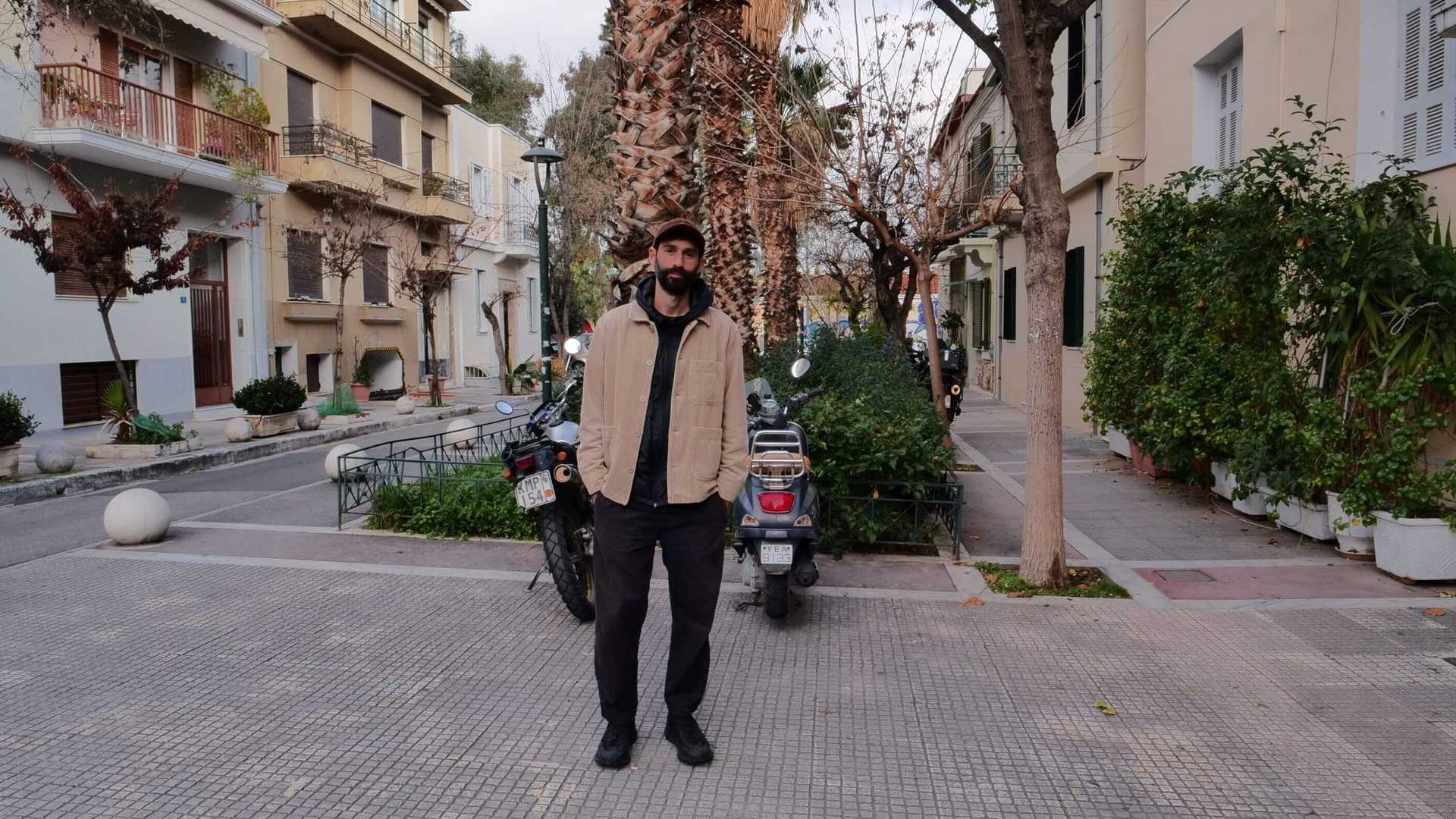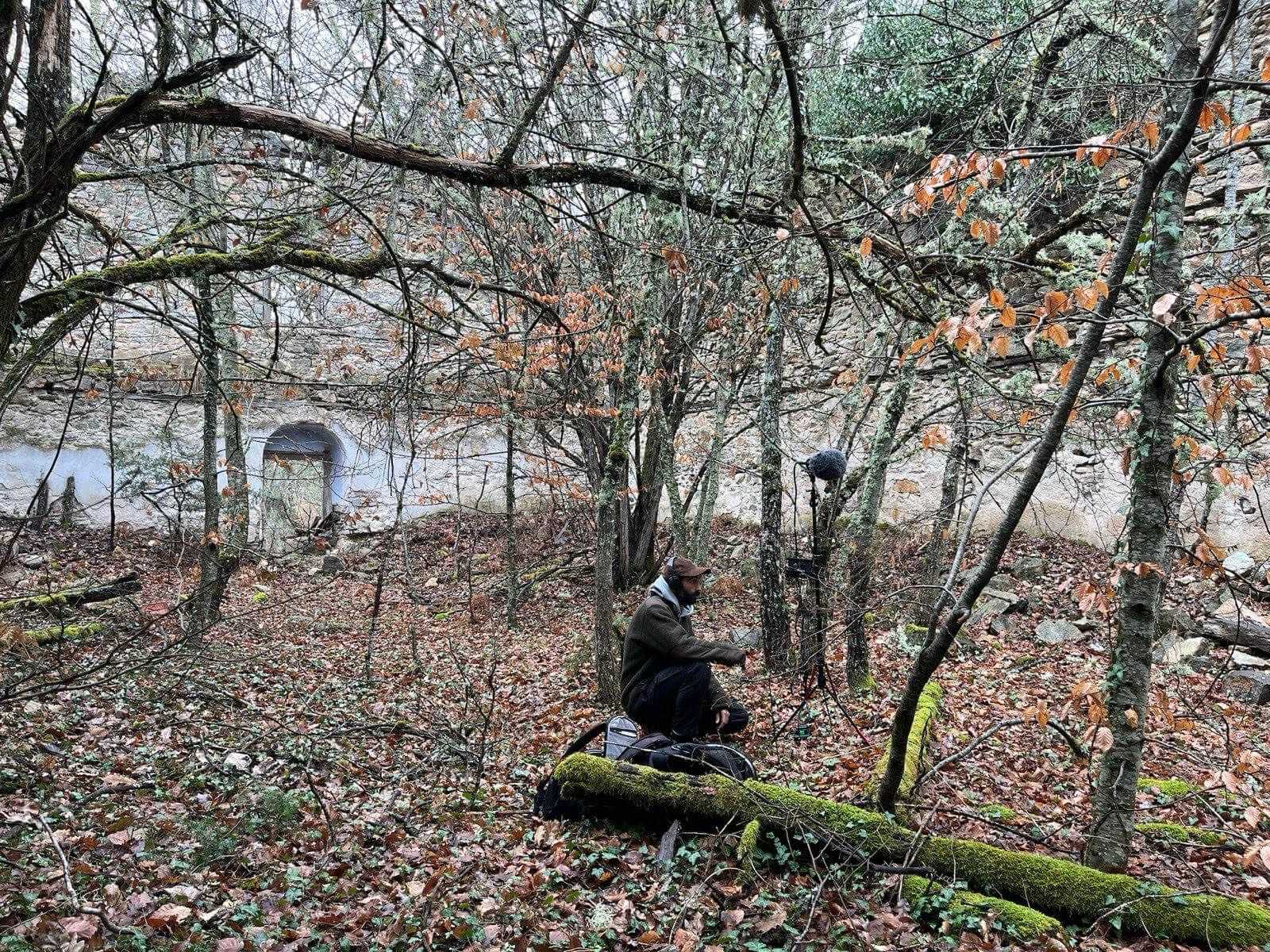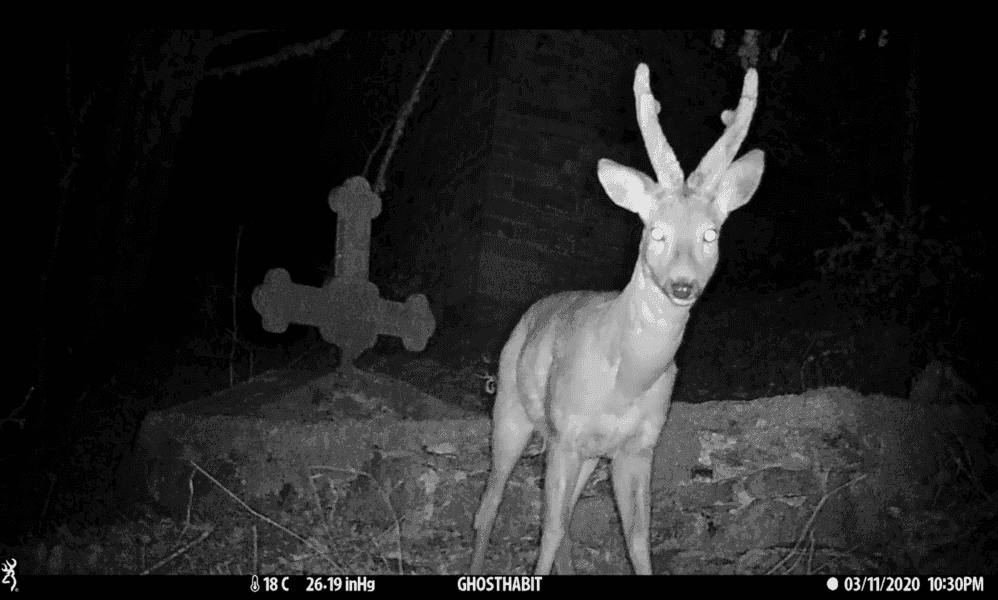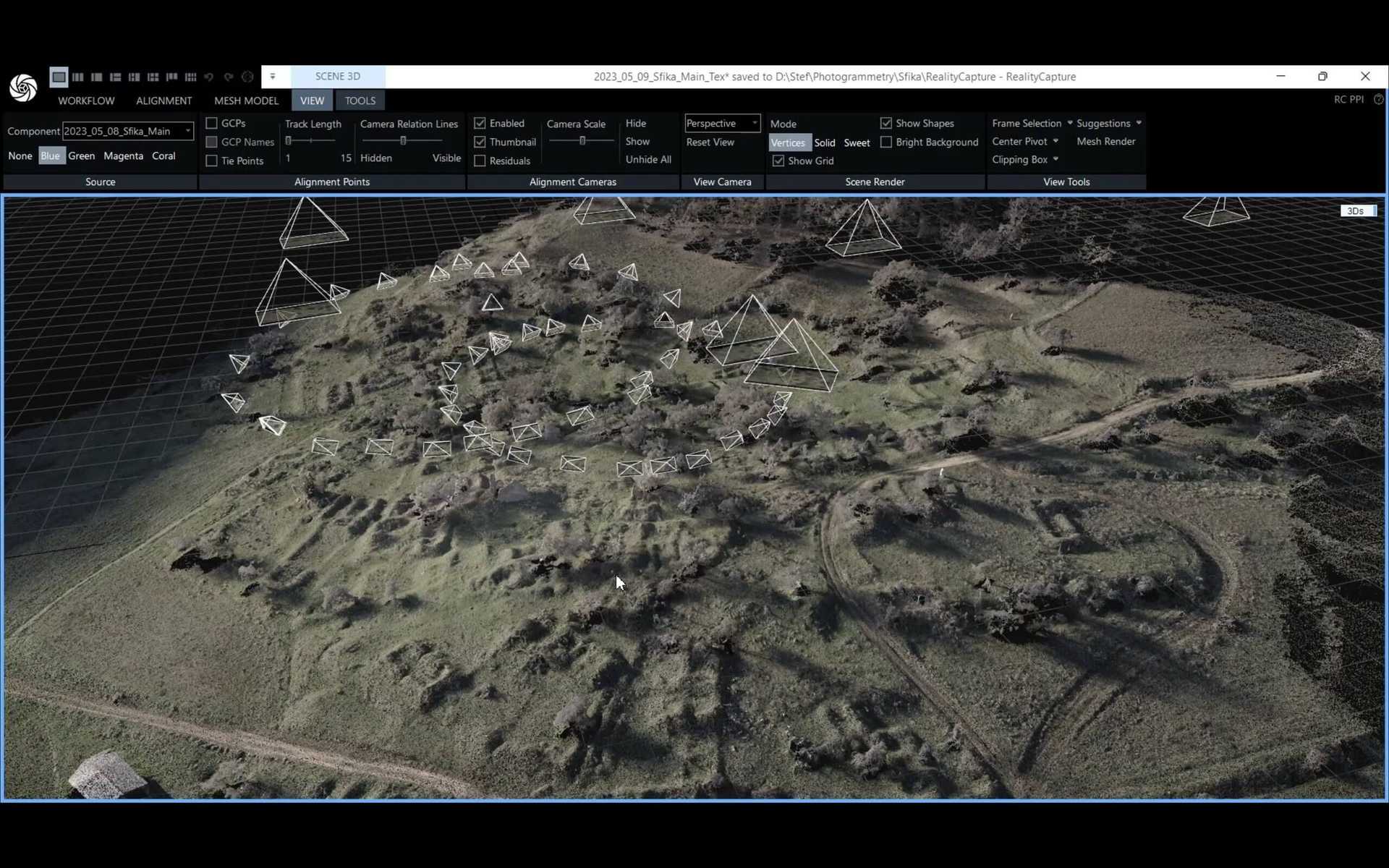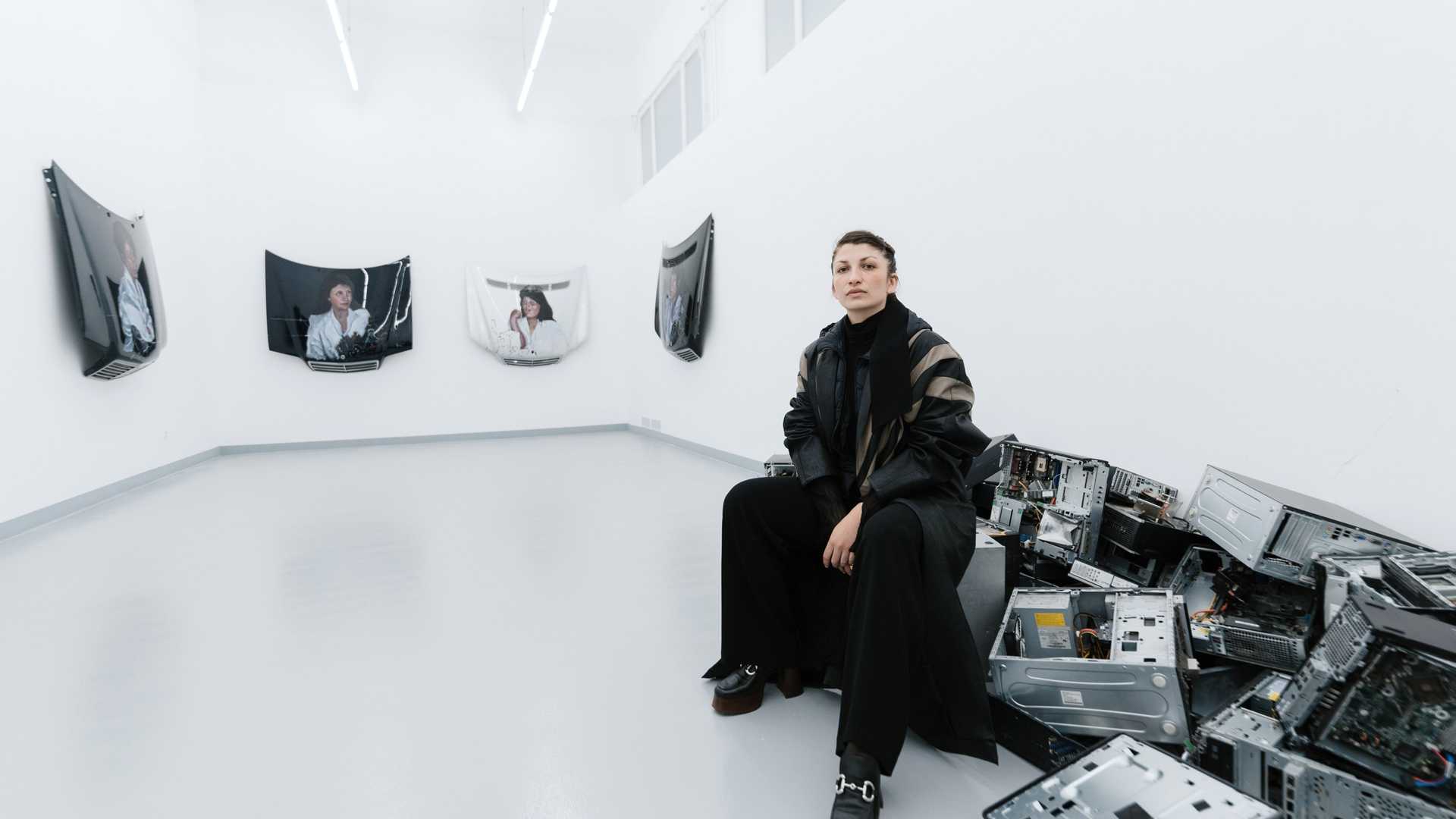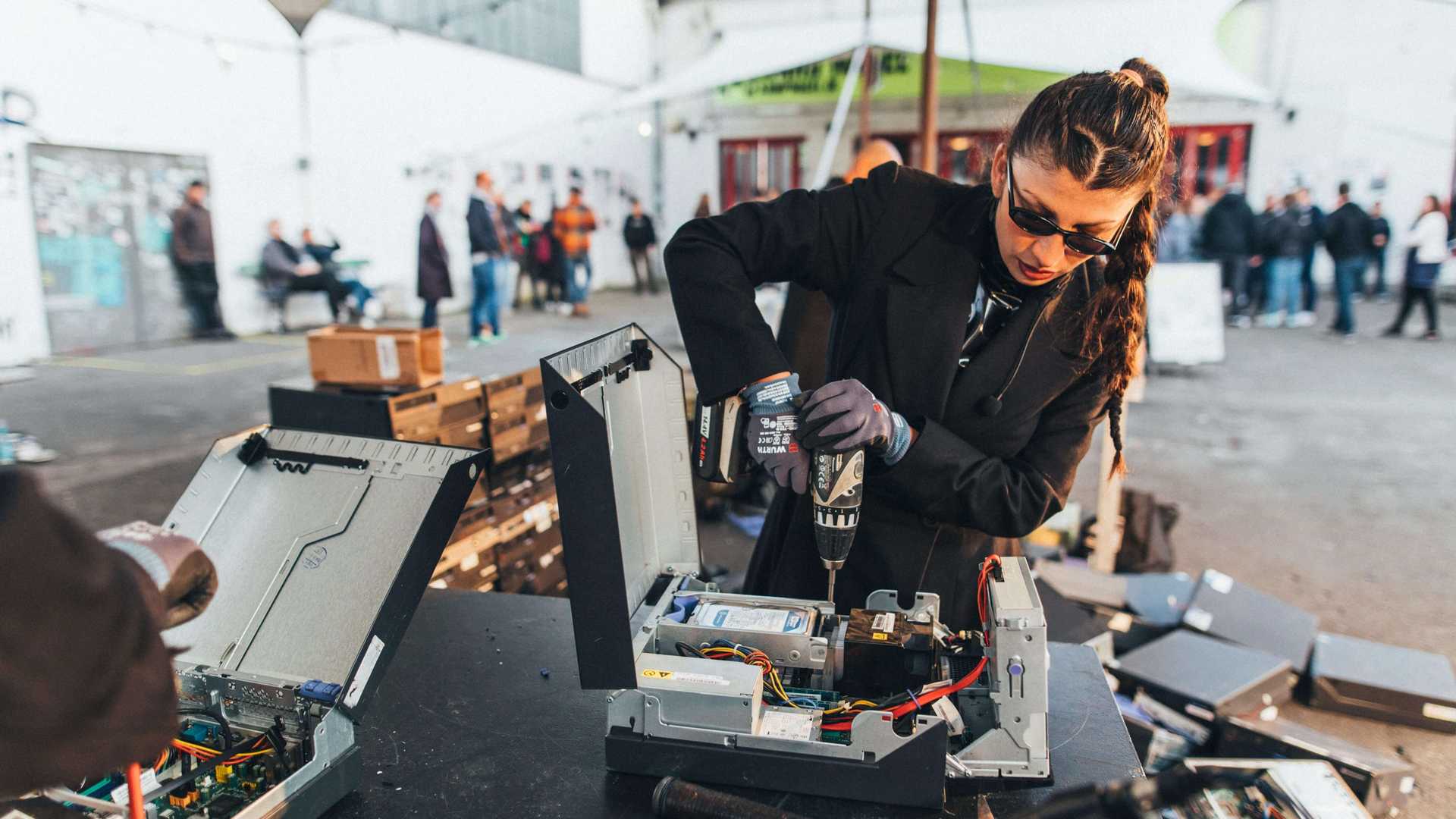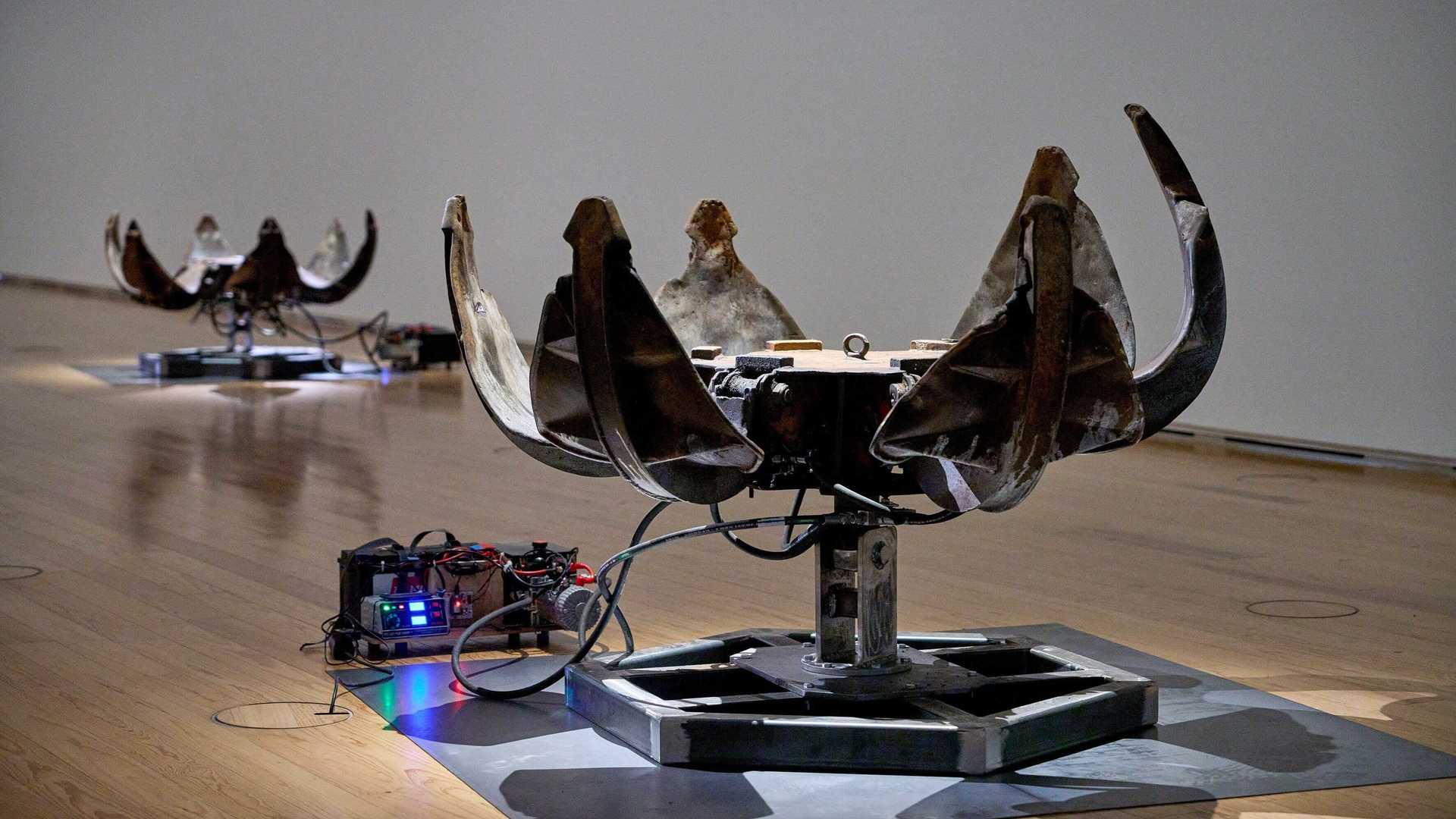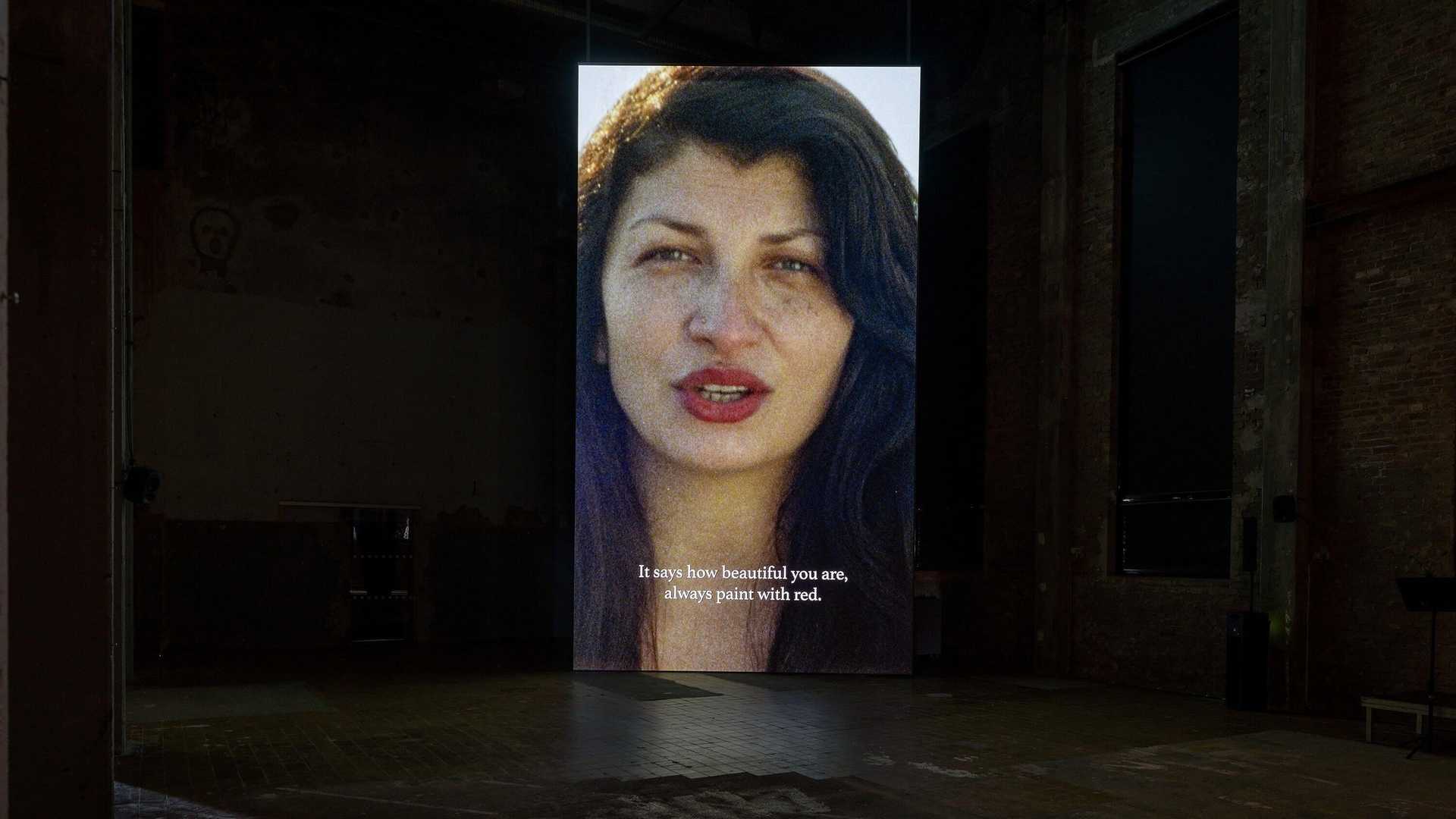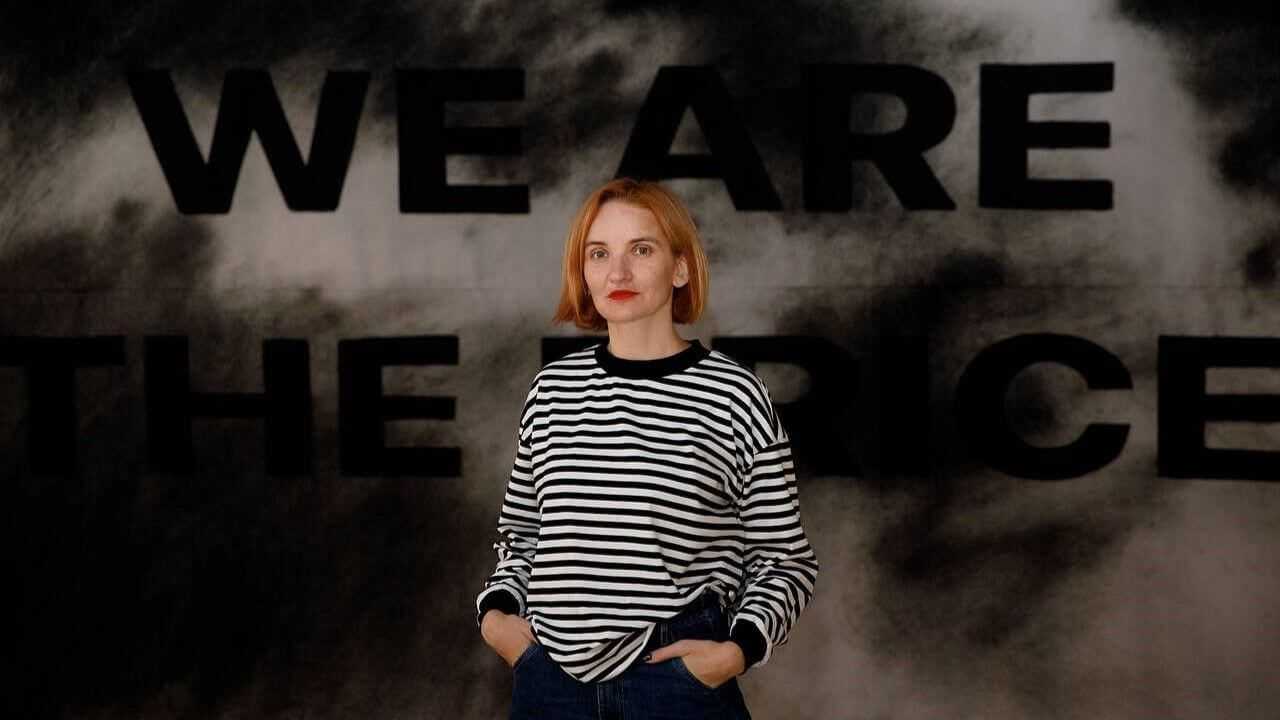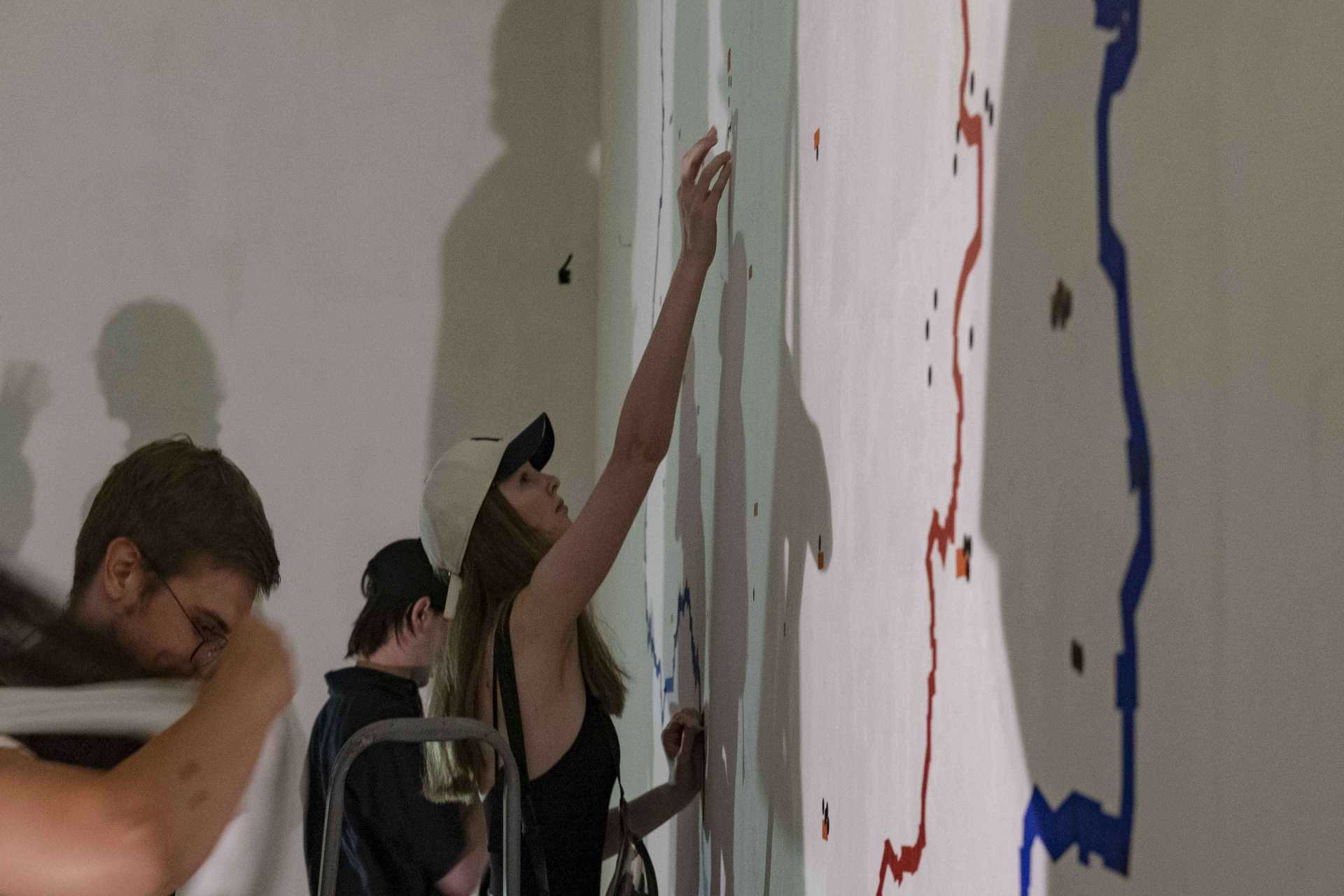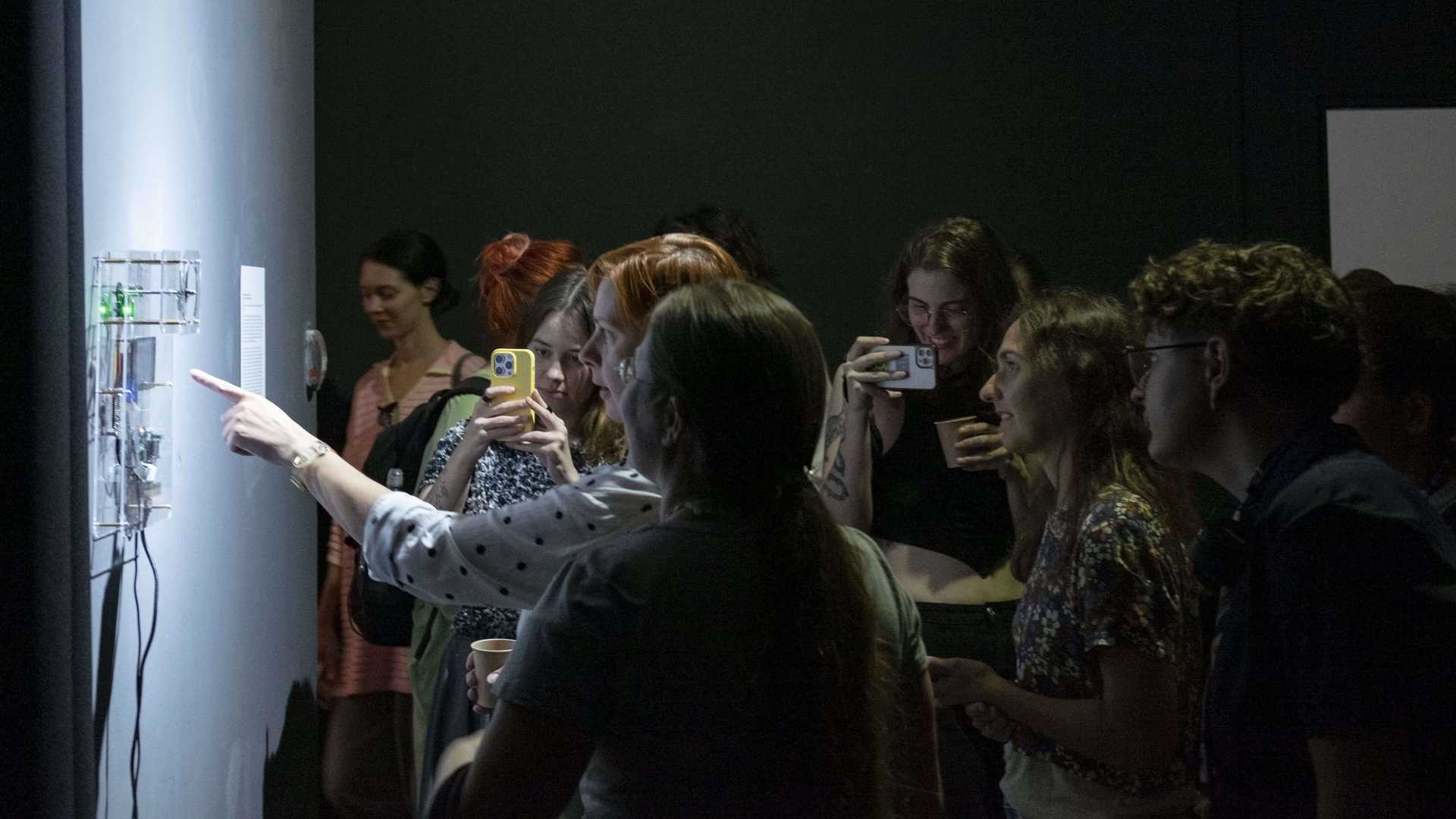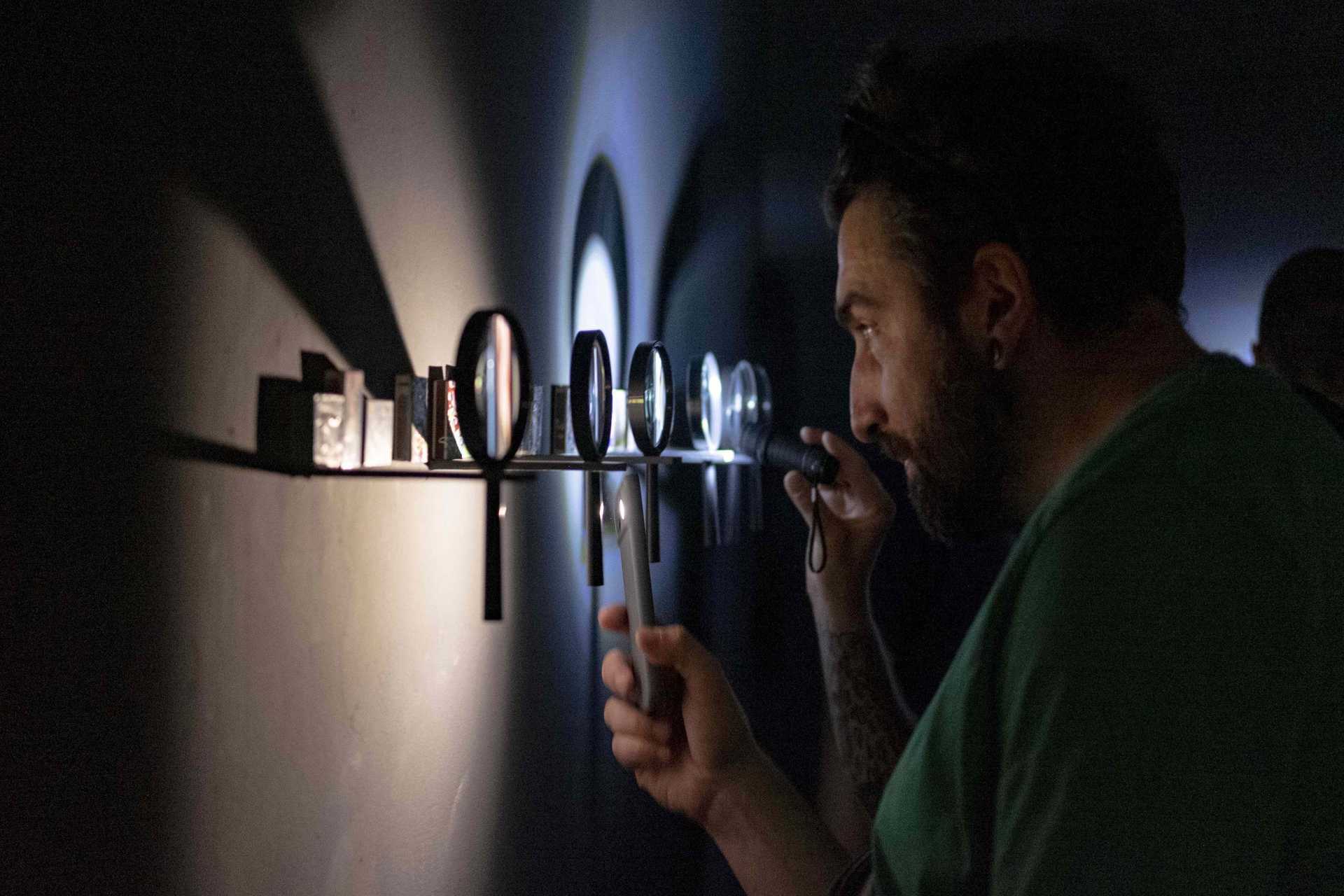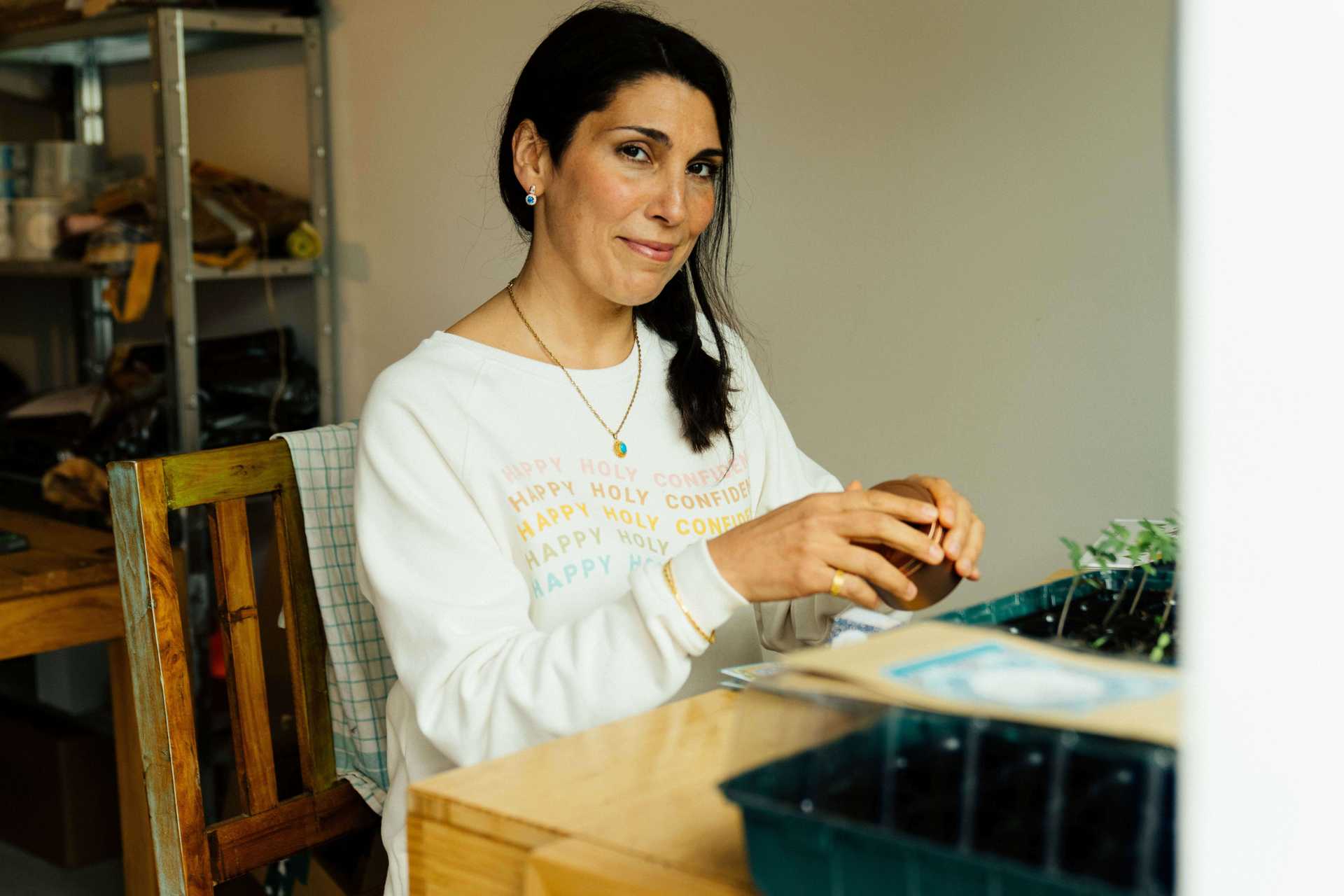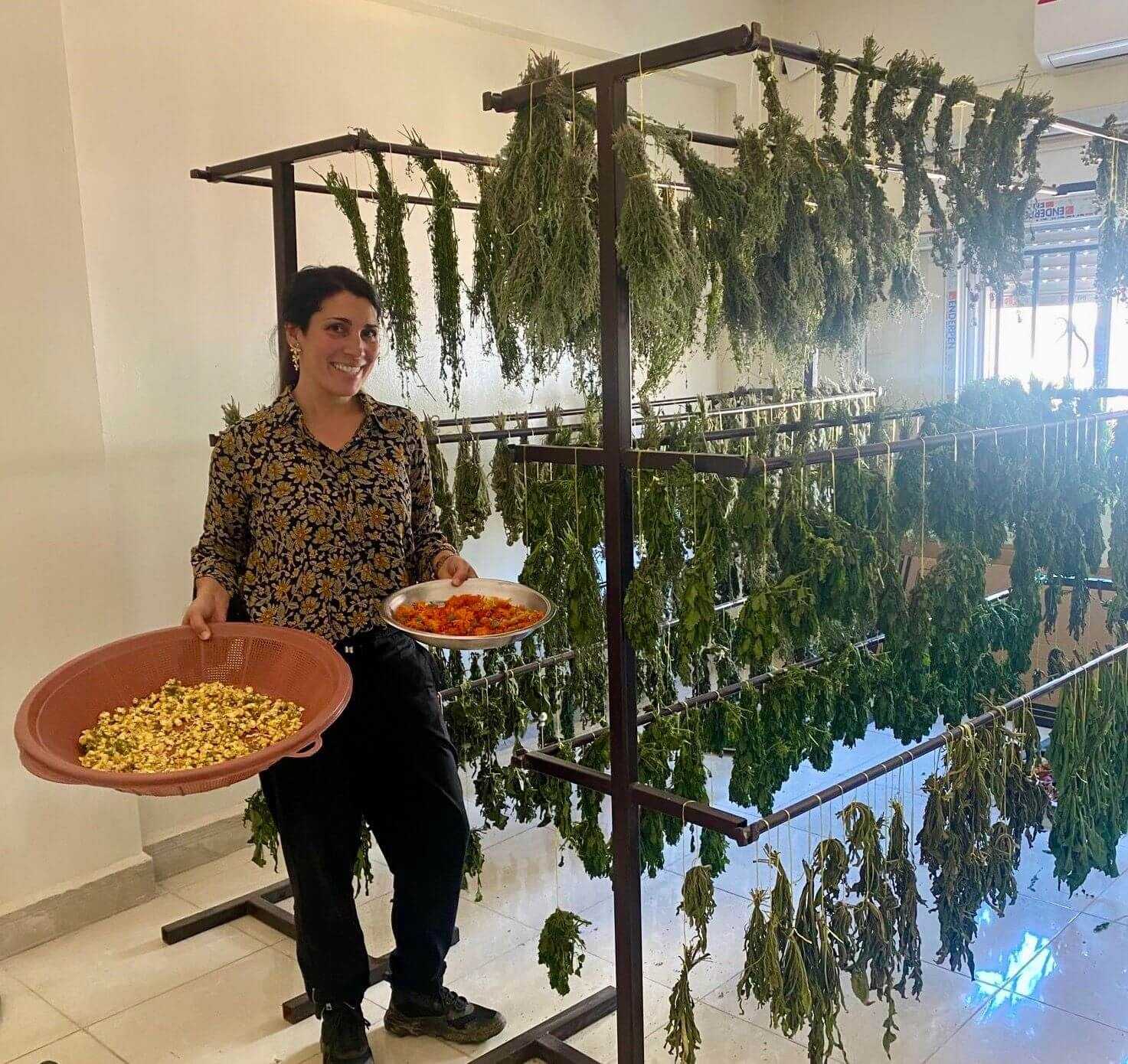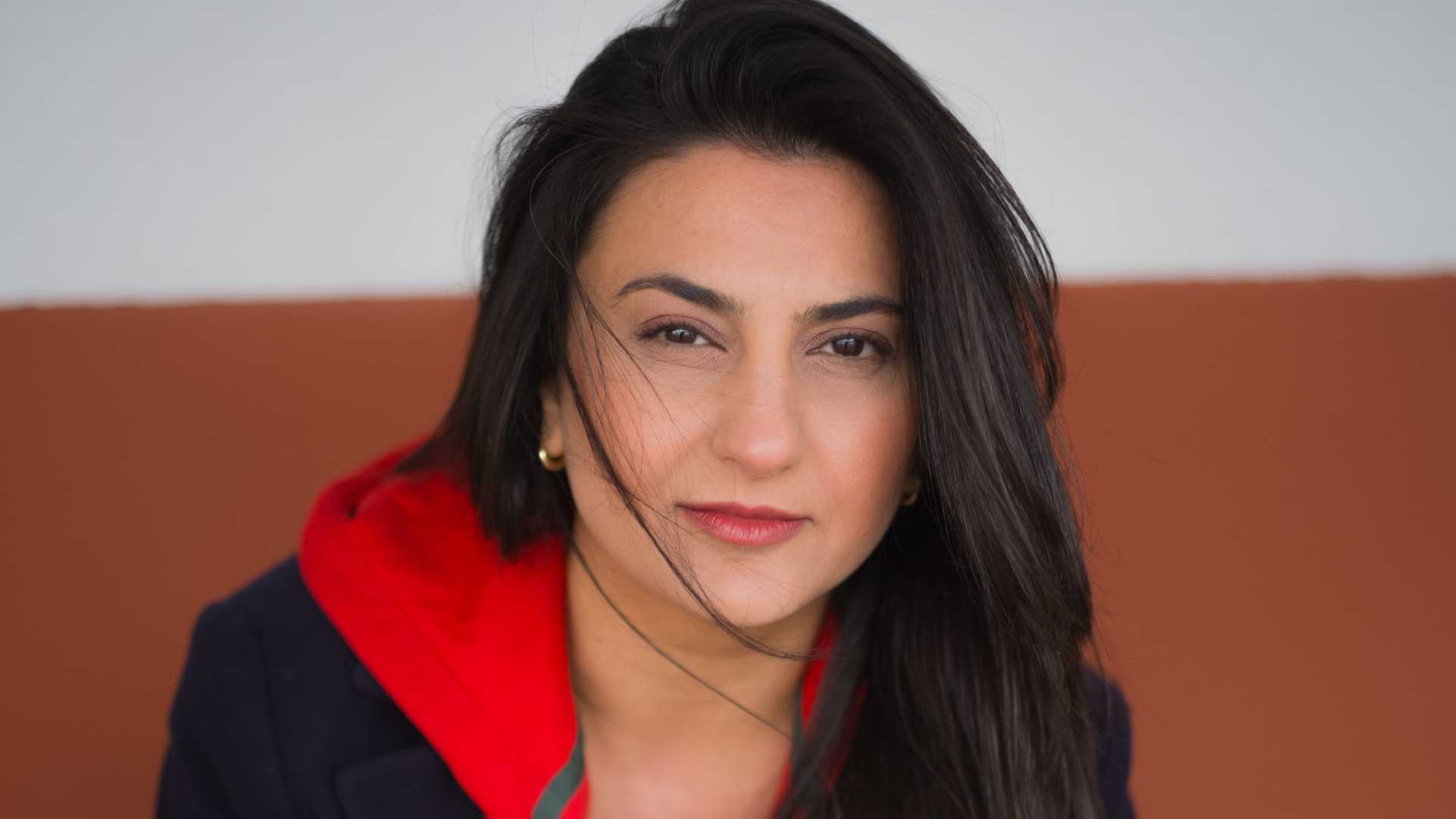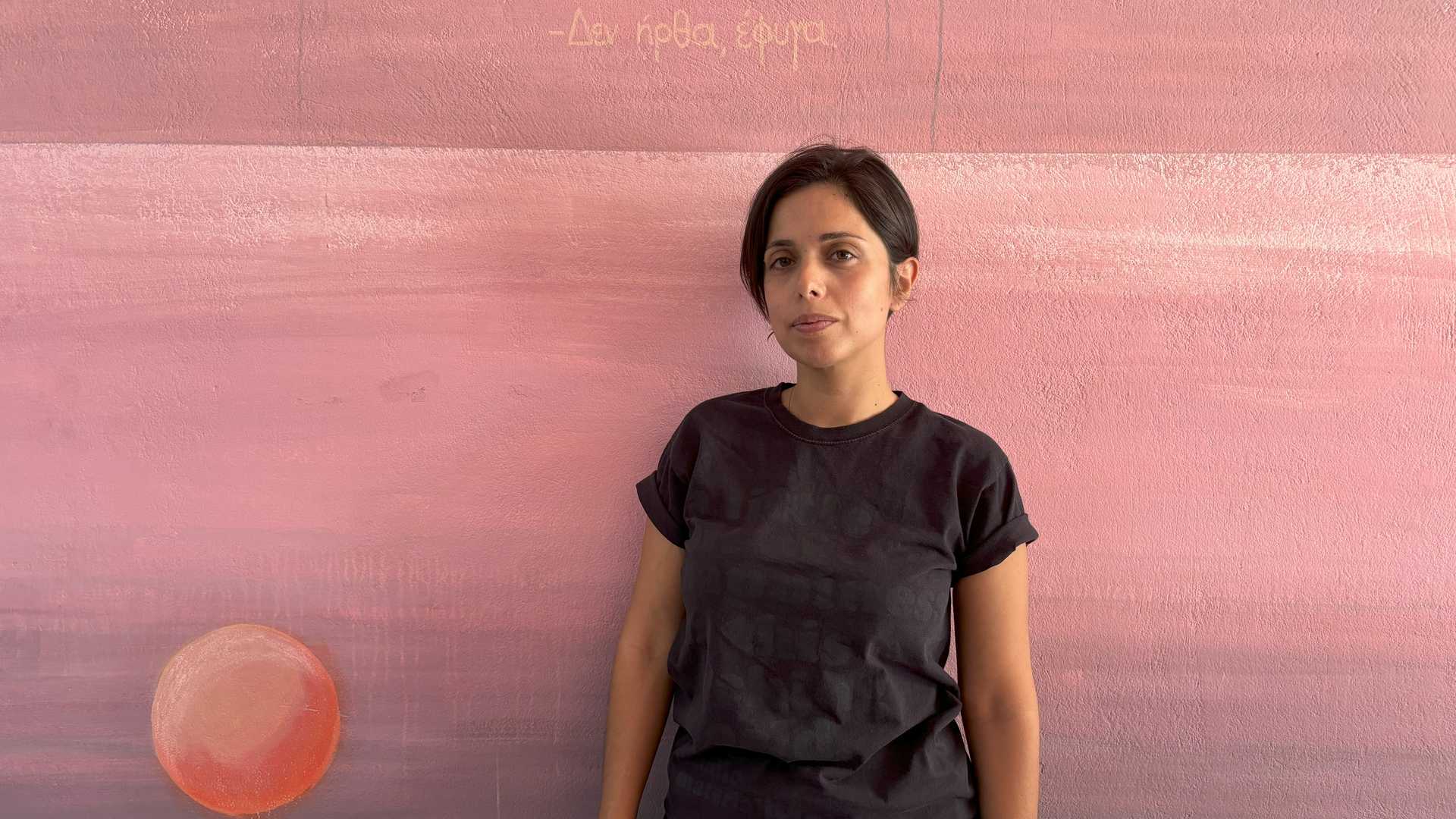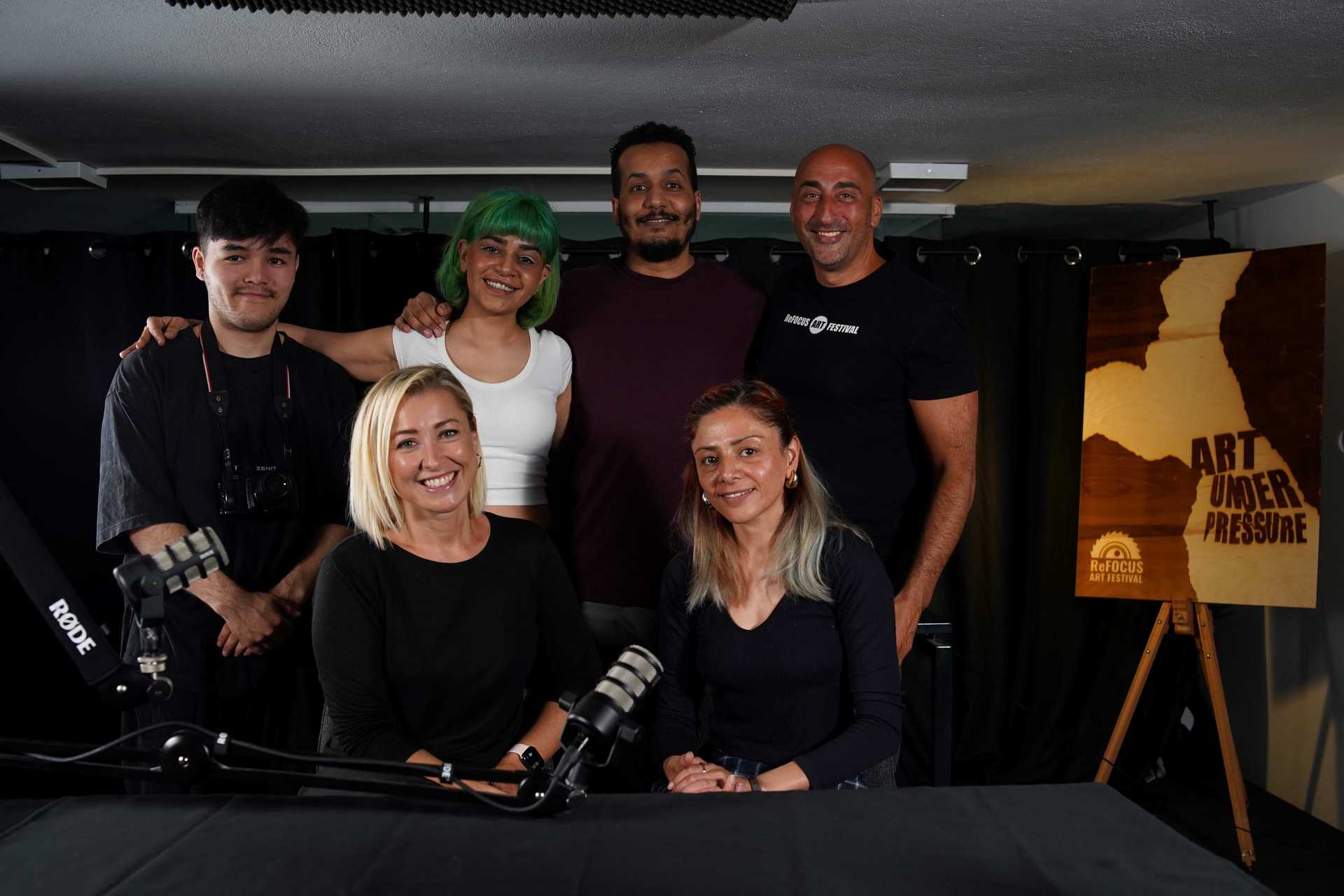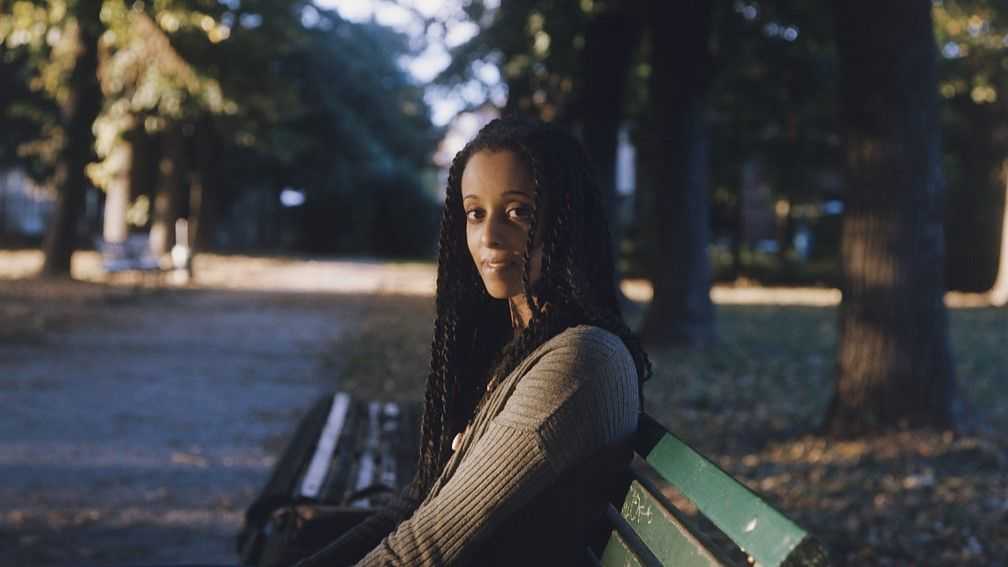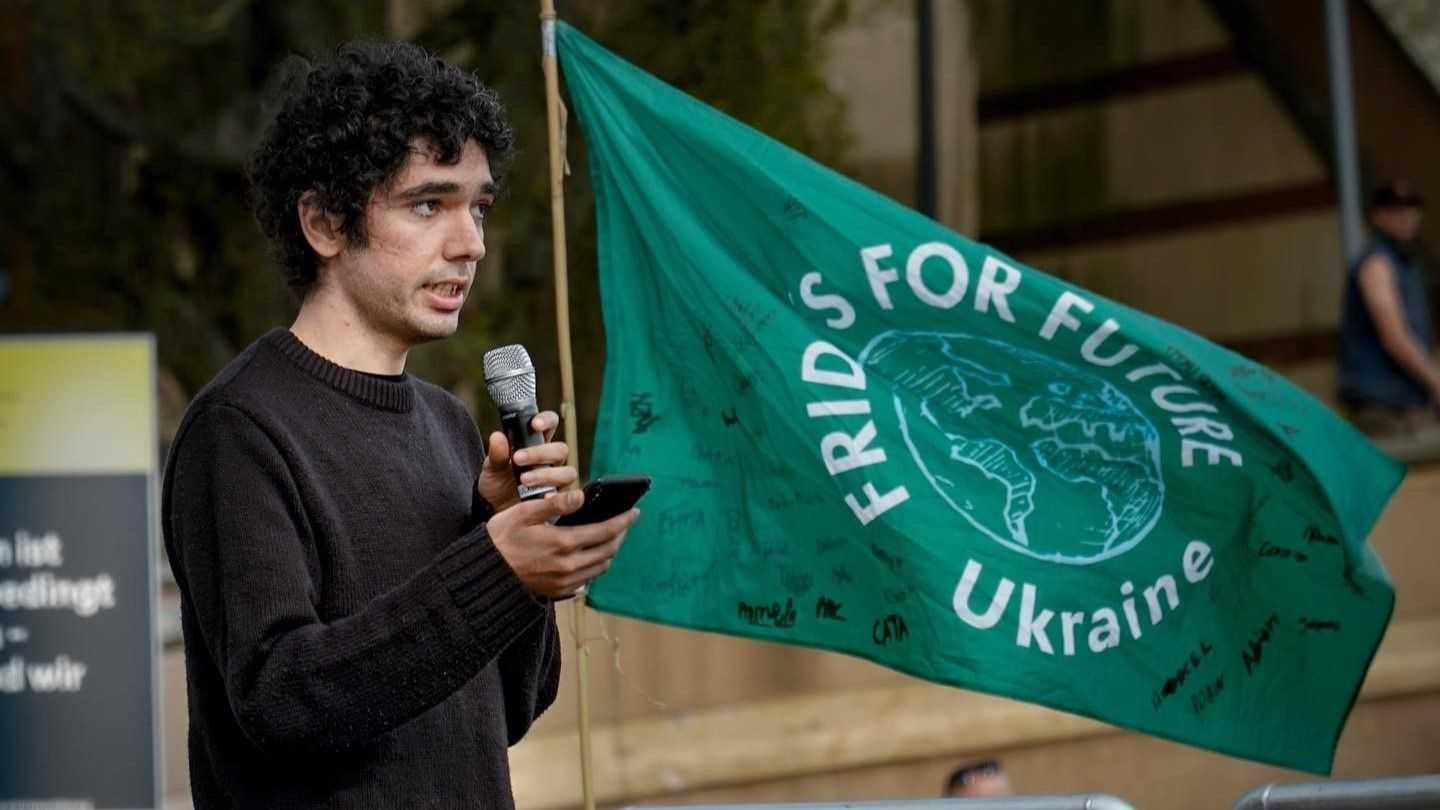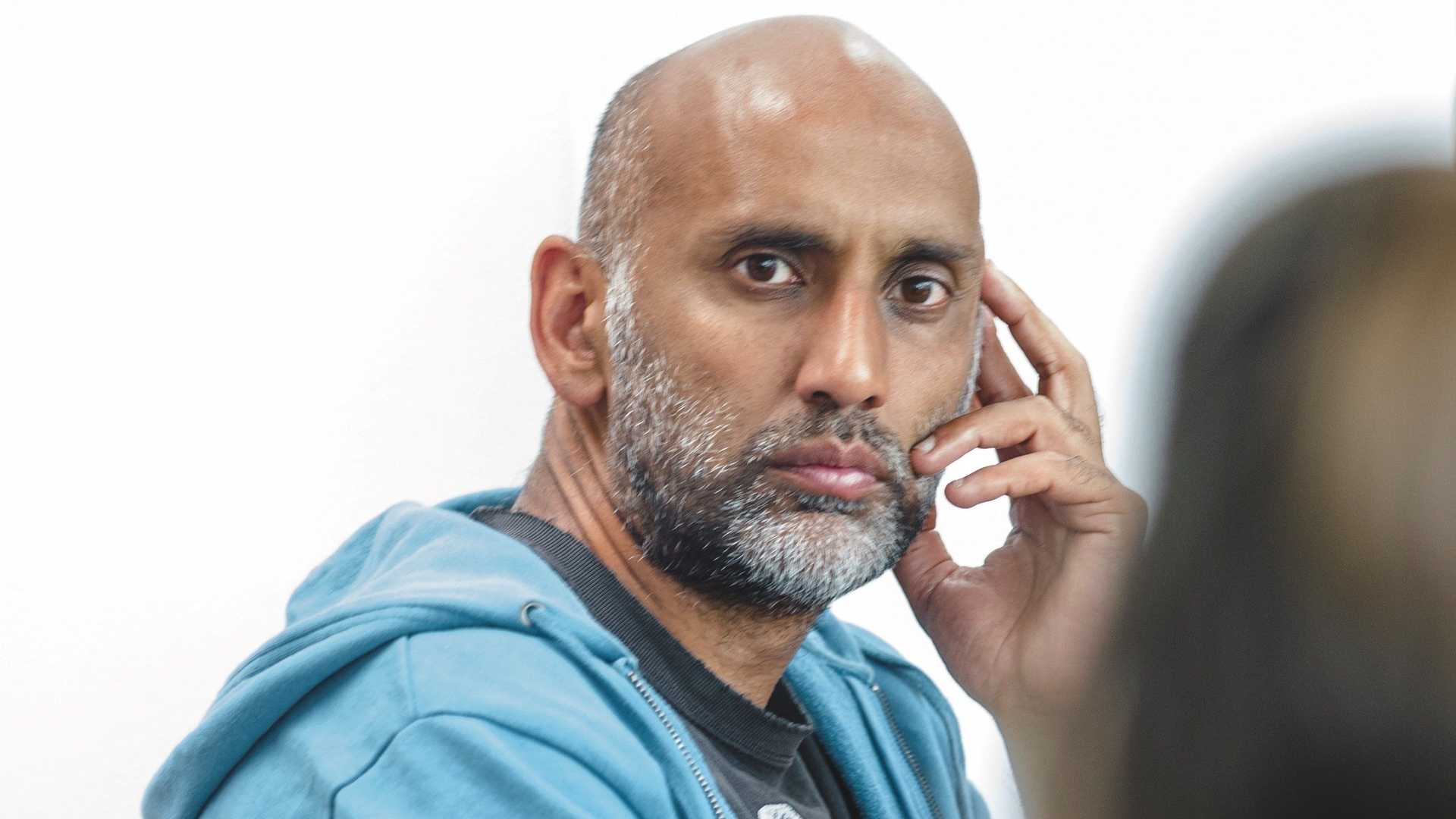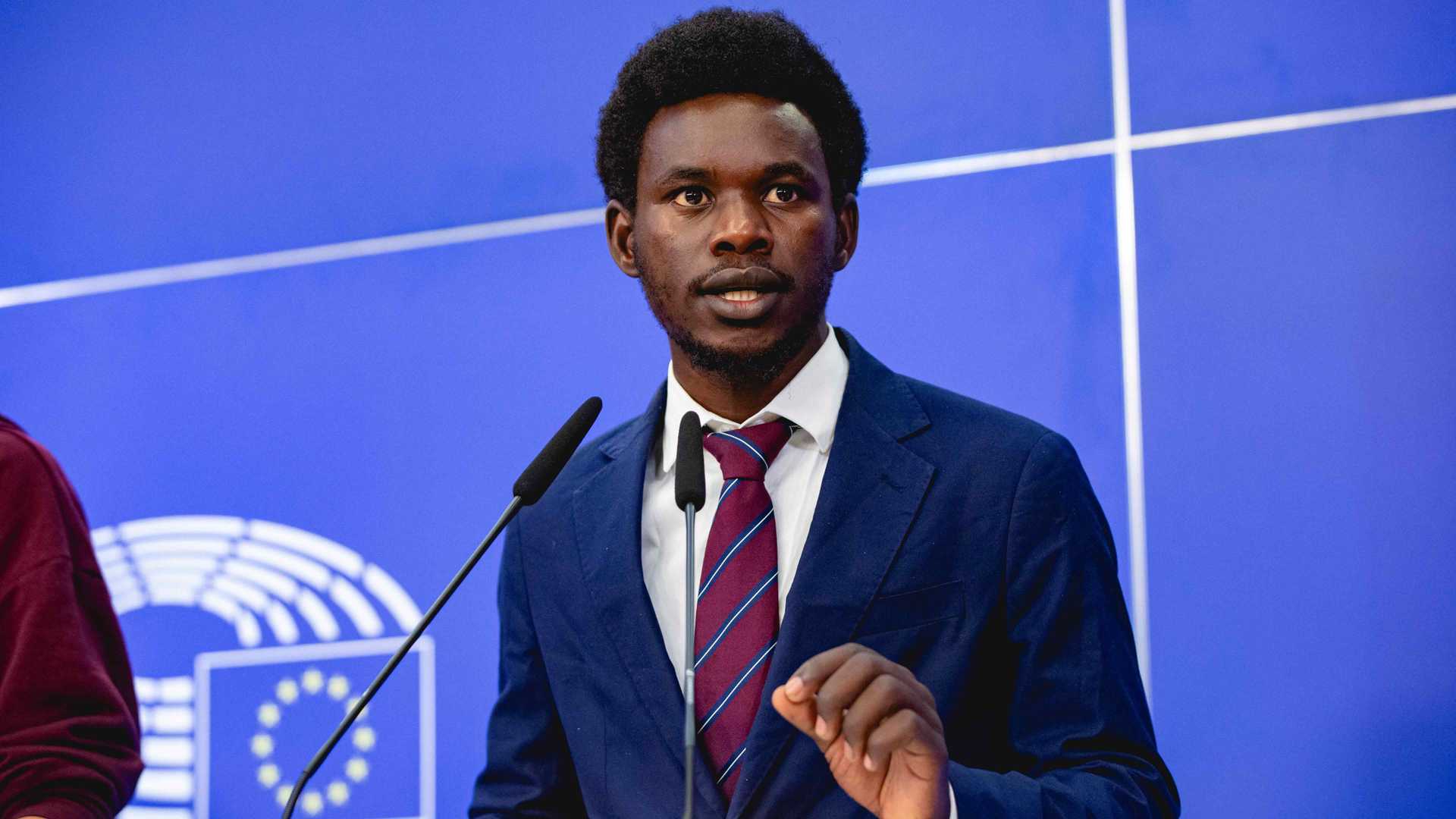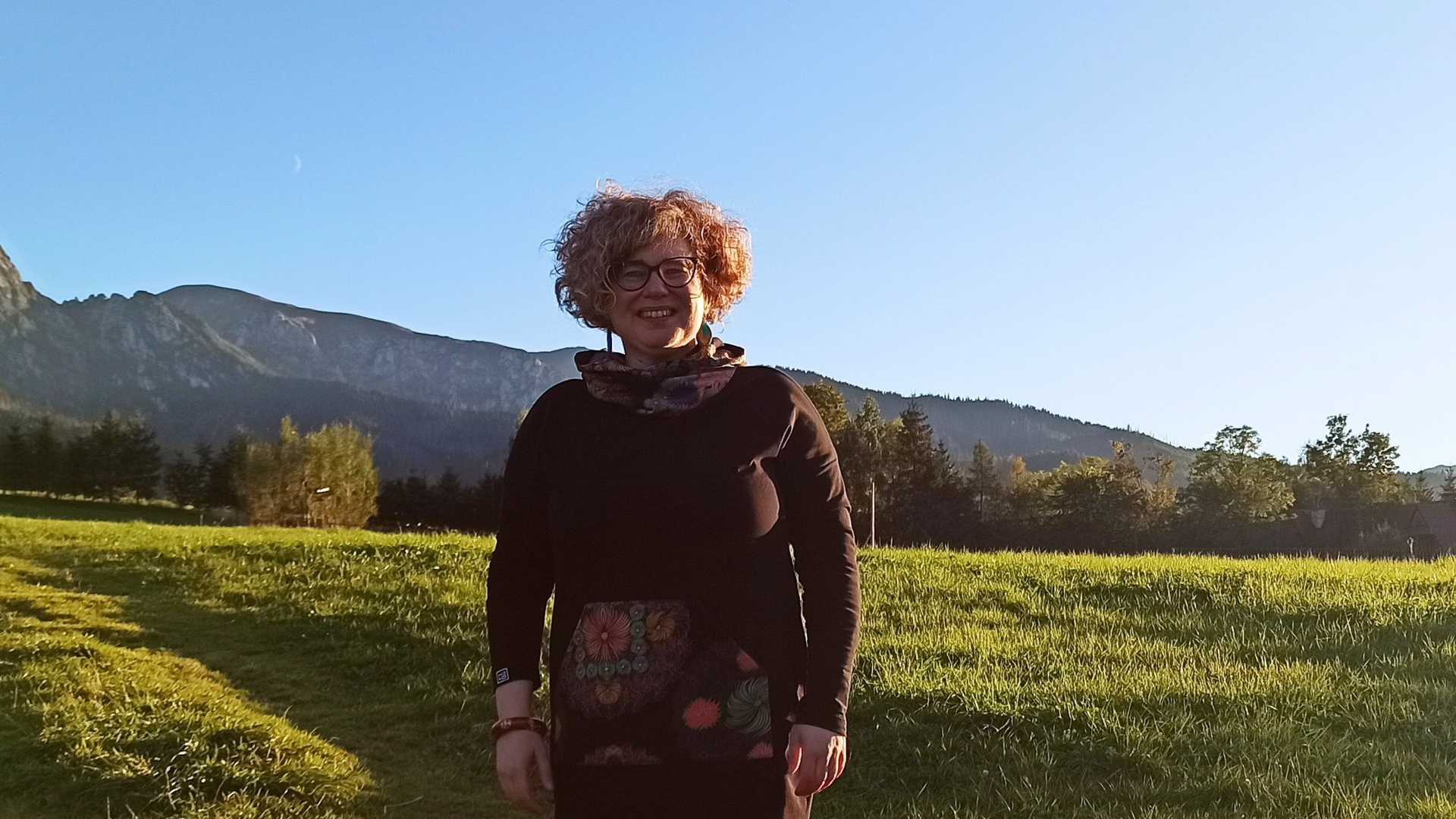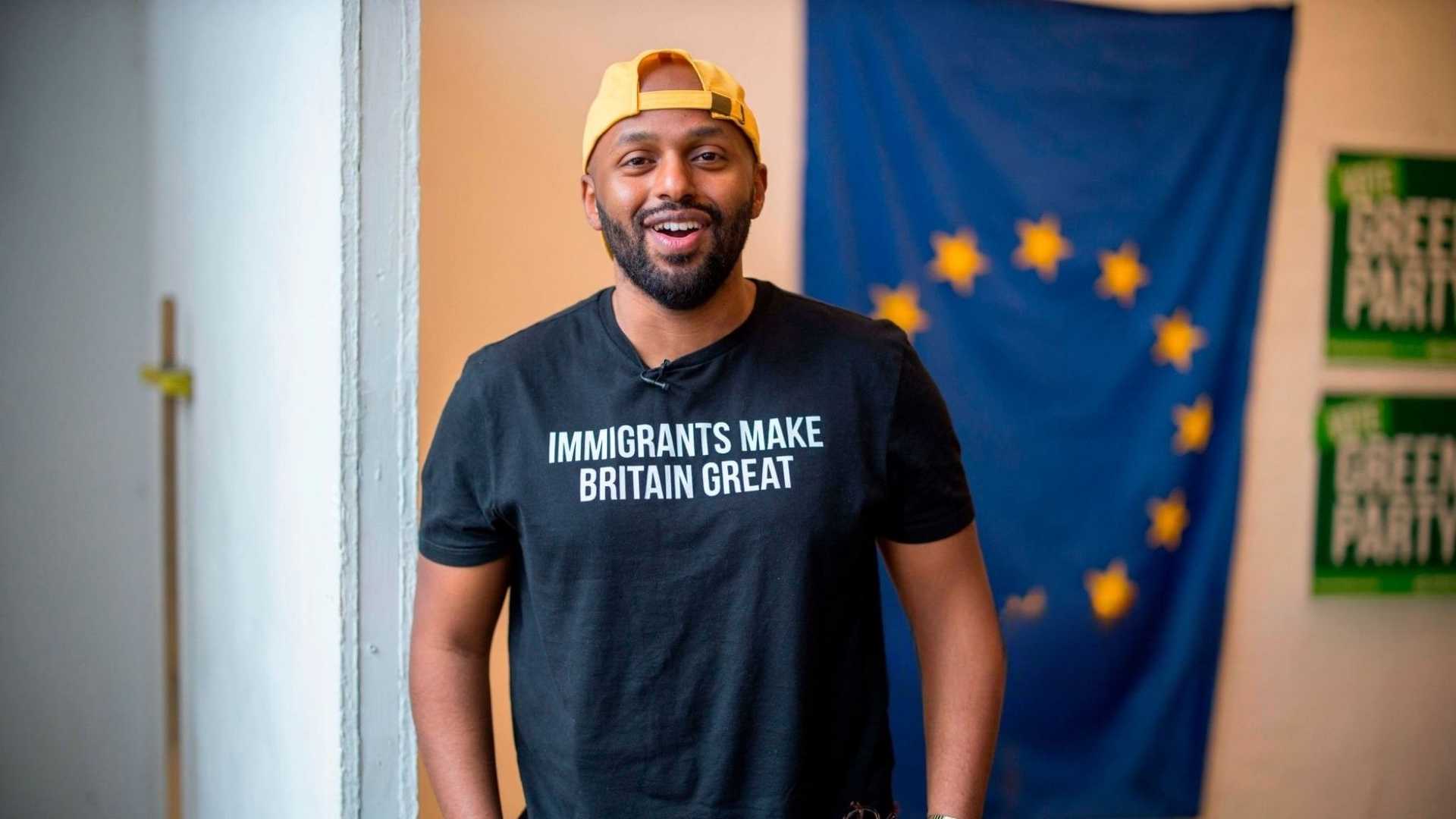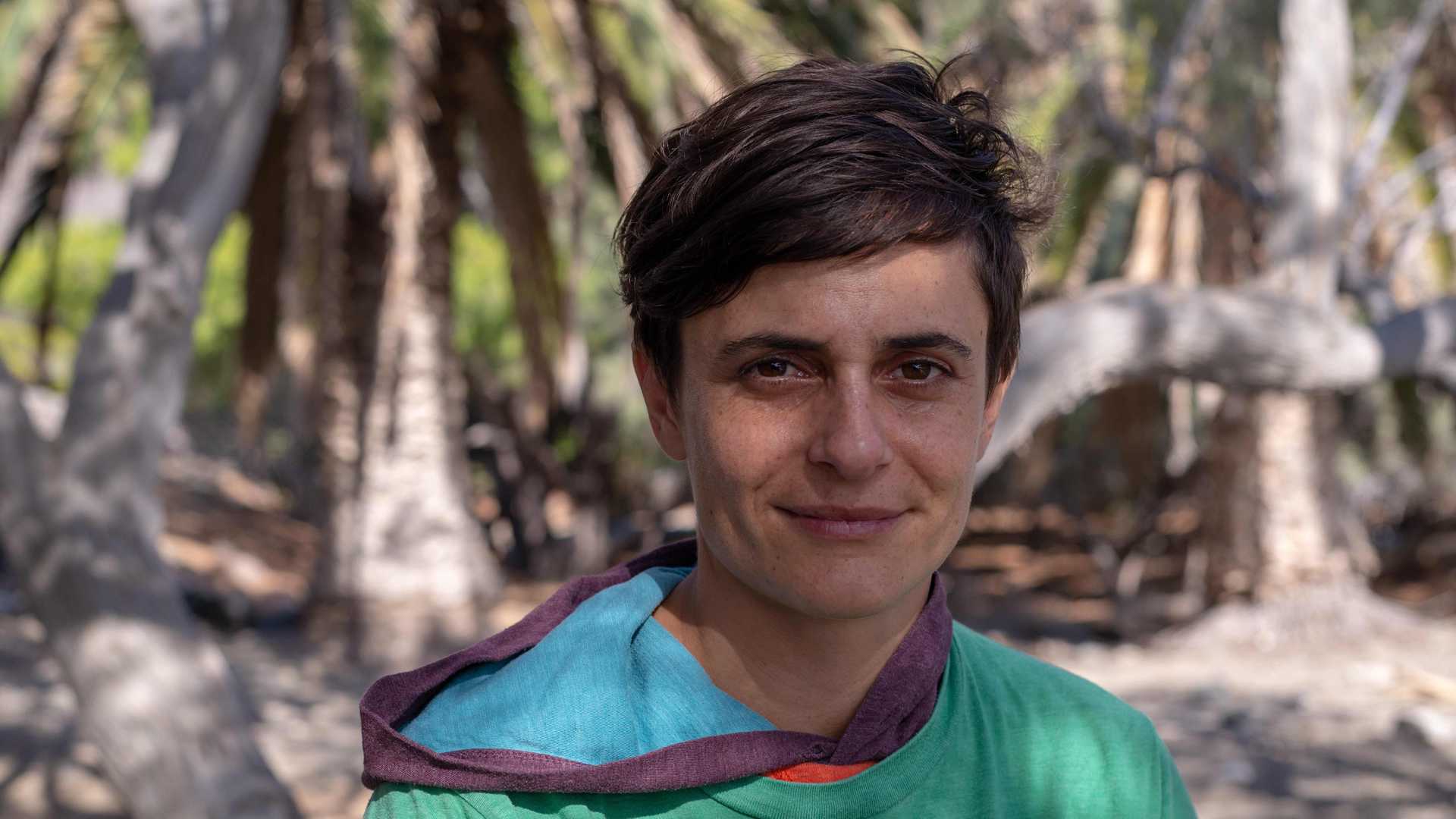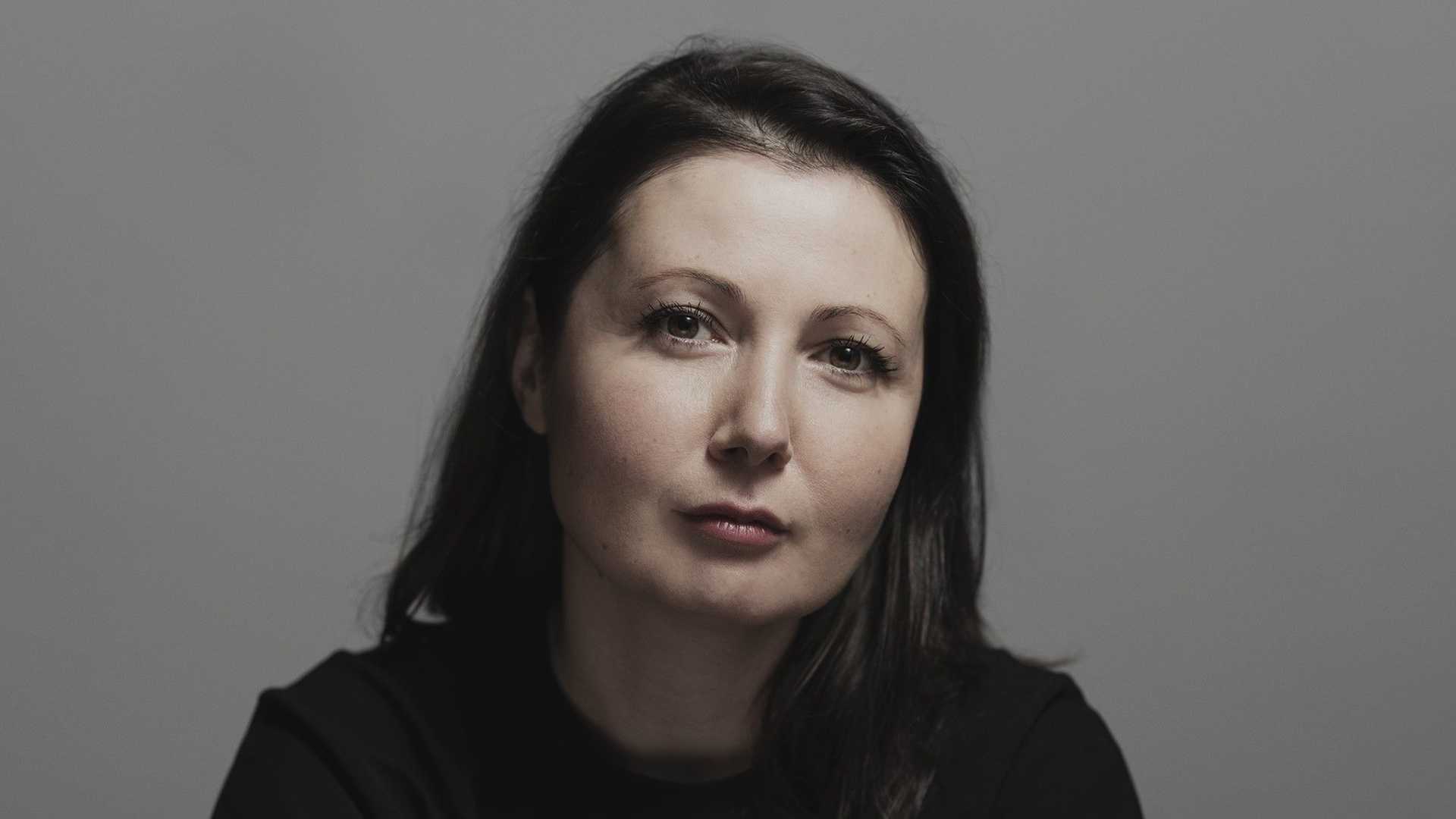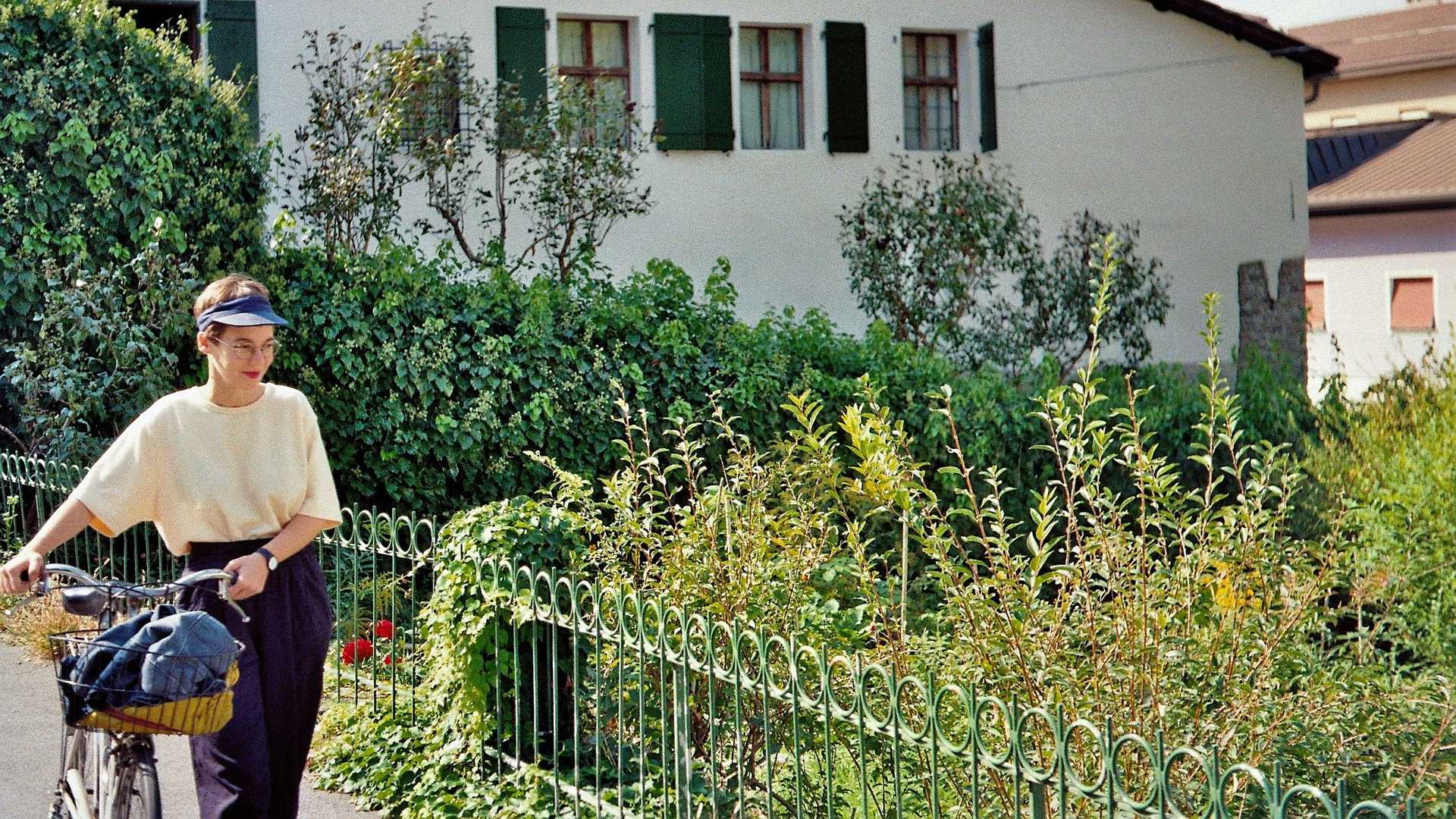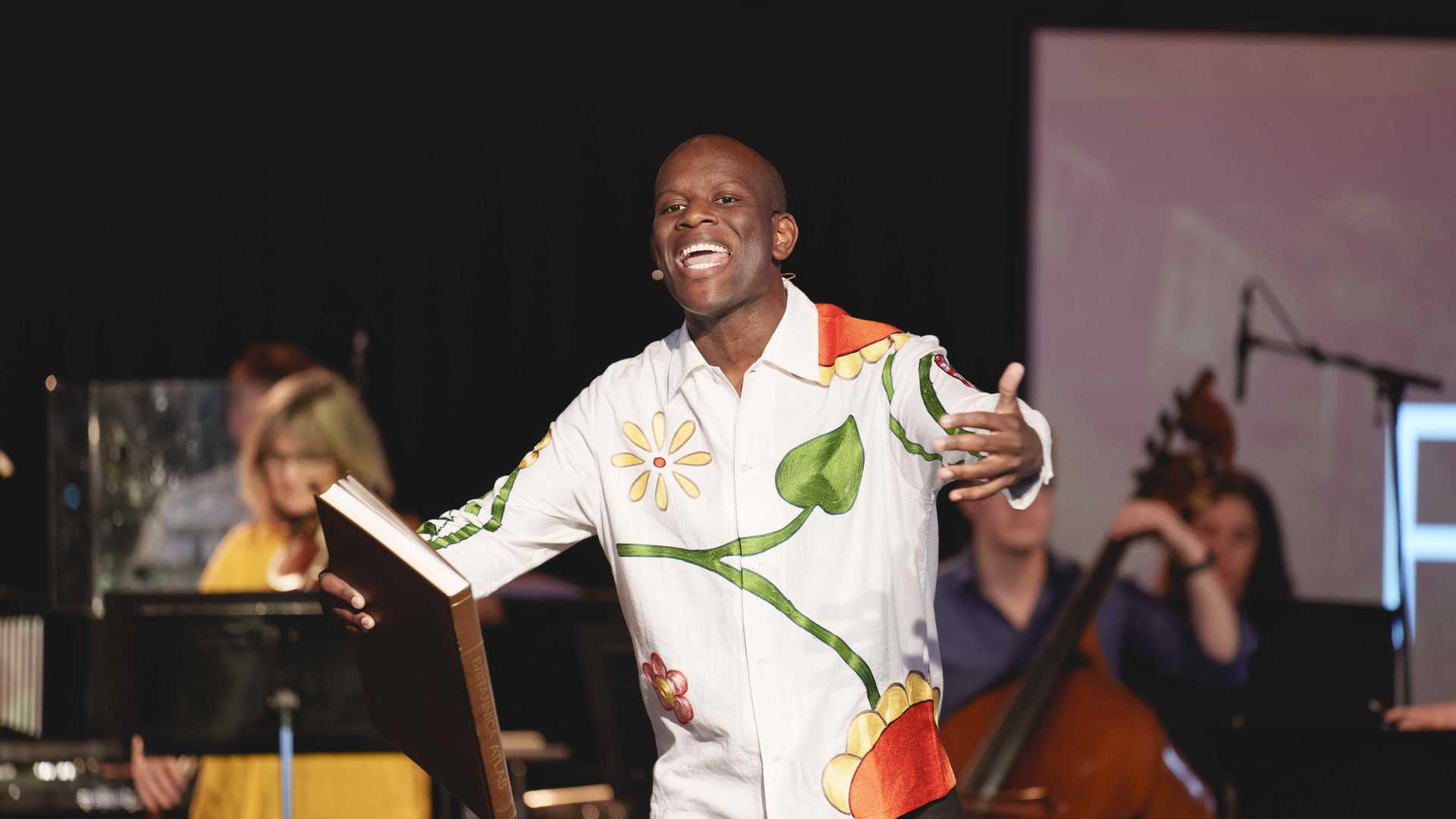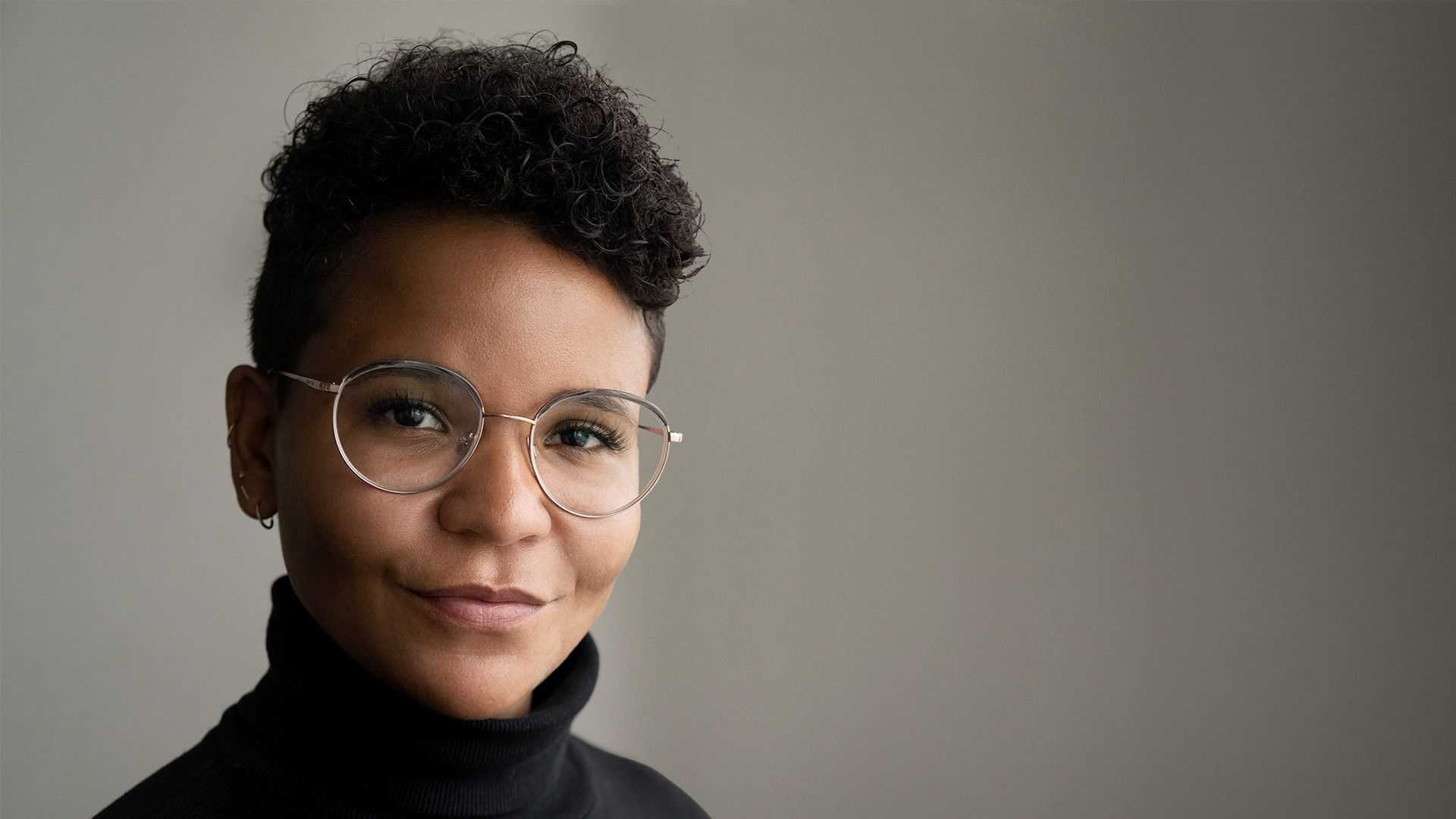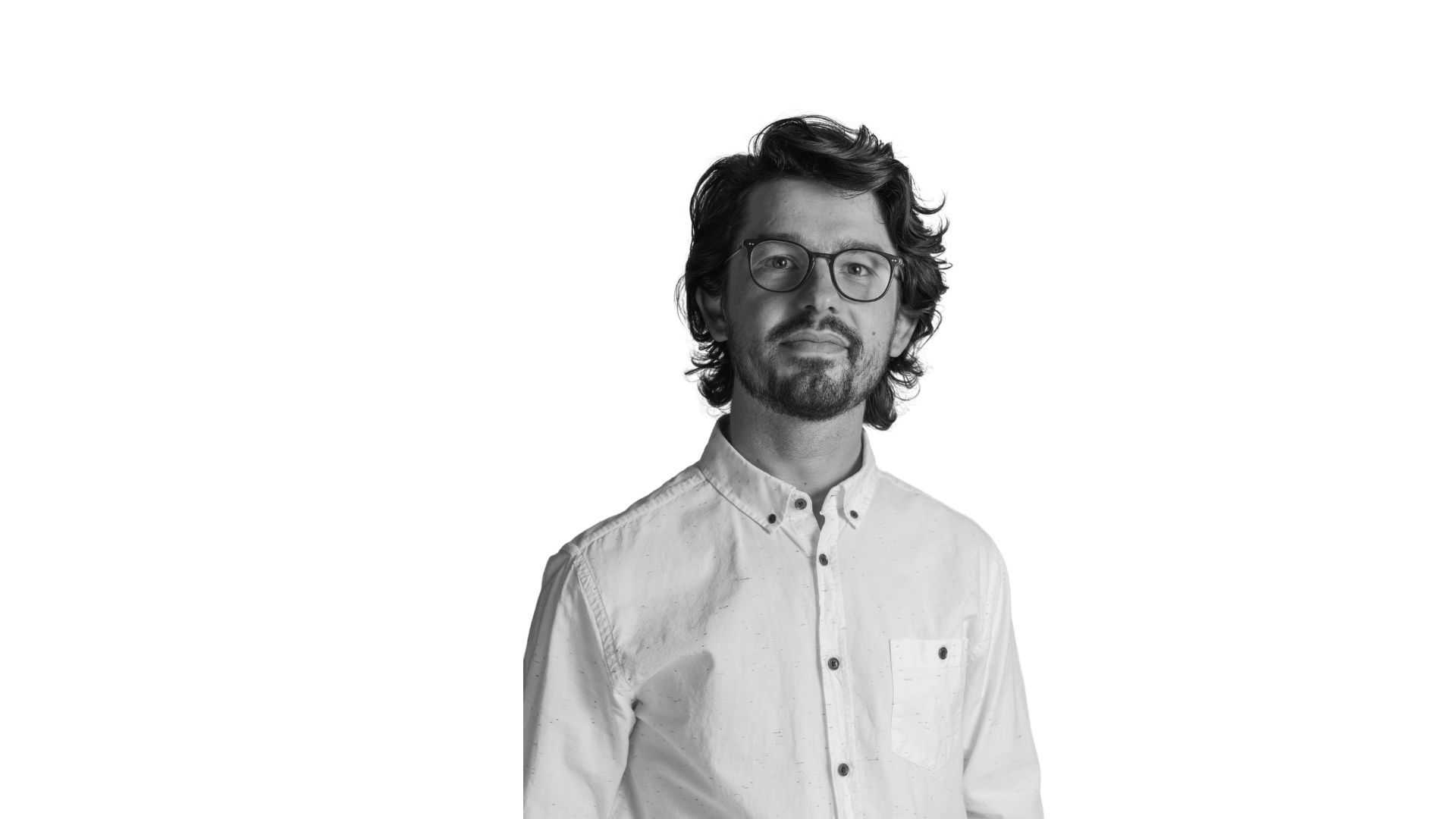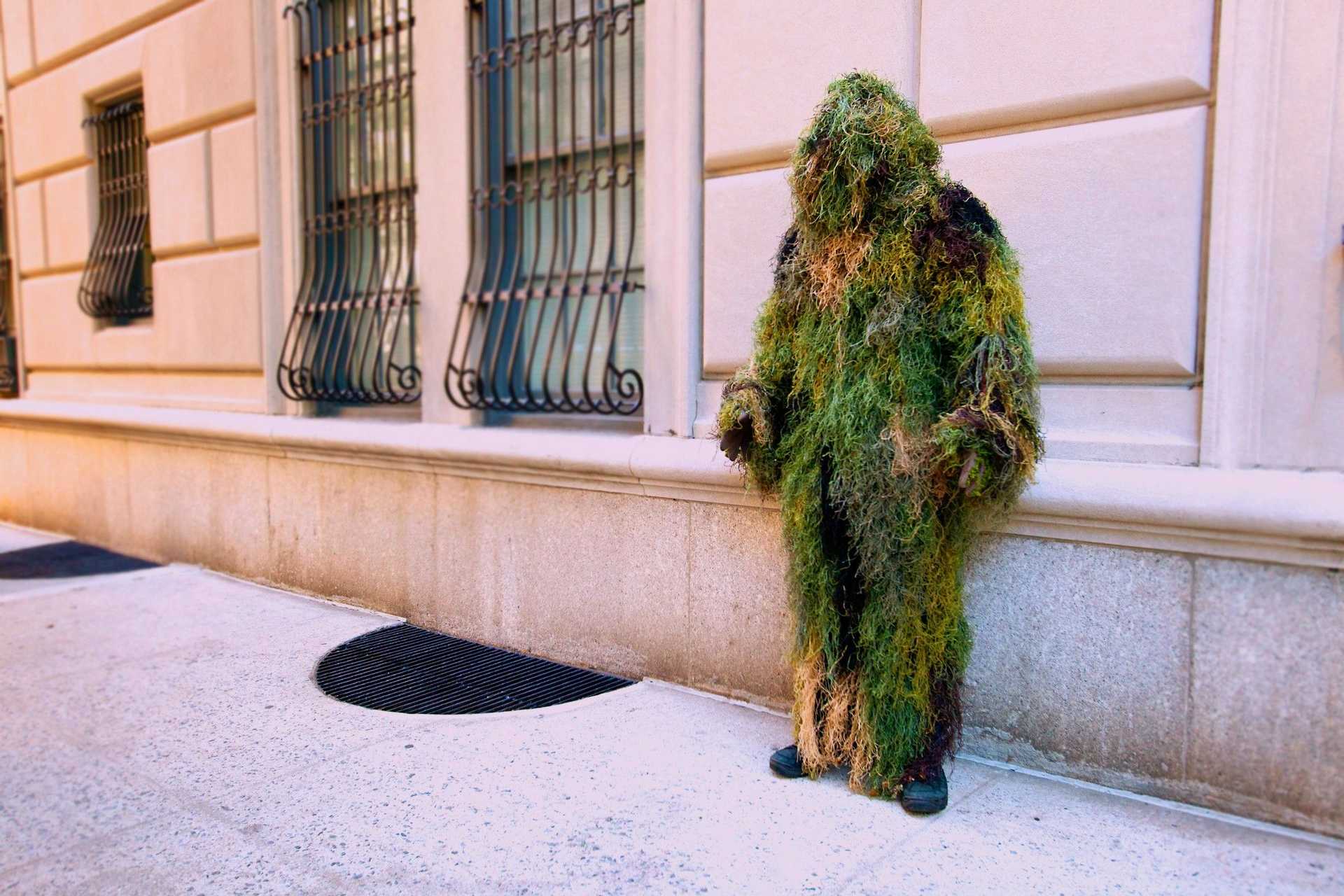
Fellows 2023 & 2024
In its Fellowship Program, Allianz Foundation supports inspiring risktakers addressing urgent challenges of our time in inventive and solution-oriented ways. Get to know our fellows here.
March 20, 2025
© kellerundlieder.de, Berlin
Fellows 2023 & 2024
The Allianz Foundation Fellowship Program is aimed at people looking beyond the beaten path in the pursuit of new approaches to overcoming injustices. Whether in the context of their artistic work, their social engagement in civil society, their scholarly work – or at the intersection of these areas.
The Allianz Foundation usually funds the Fellows for a period of ten months. During their fellowship, they develop works of art, event formats, platforms, prototypes, new narratives and much more. The Fellows form a network across Europe that remains strong and grows beyond the support of individuals. Creative synergies emerge from the collaboration with other Allianz Foundation initiatives – like the Allianz Foundation Hubs.
The Fellows are partners with the Allianz Foundation in their efforts against nationalism and discrimination, for equal opportunities, open societies and an environment worth living in.
In the spring of 2024, our Fellow Stefanos Levidis co-founded FAIA (Forensic Architecture Initiative Athens)—a new research agency based in Athens dedicated to conducting situated spatial human rights investigations with a regional focus on Greece, the Balkans, and the Eastern Mediterranean. By placing this initiative at the geographical periphery of Europe, FAIA directly engages with the tensions and conflicts shaping this frontier region of many crises.
Documenting Power, Violence, and Resistance
From its base in Athens, FAIA works closely with affected communities to document pressing social and political crises. The agency investigates the rise of far-right and nationalist violence, police brutality, and the enduring violations against asylum seekers at Europe’s borders. It also examines gender-based violence in both public and private spheres, as well as the devastating impact of climate change in the region. Furthermore, FAIA sheds light on the consequences of economic austerity, the unsustainable effects of over-tourism, and the state’s failure to uphold essential public services and infrastructure.
Through innovative evidentiary techniques, FAIA seeks to expose these realities in pursuit of public truth and collective justice. The findings are not only shared with the public but also serve as a foundation for advocacy and accountability.
A New Generation of Practitioners
Beyond research and activism, Stefanos Levidis is deeply committed to pedagogy and knowledge-sharing. Teaching at the Athens School of Fine Arts and traveling widely for lectures, workshops, and exhibitions, he aims to disseminate methodologies, investigative frameworks, and aesthetic approaches developed through his practice. More than just an academic endeavor, his work aspires to cultivate a new generation of spatial and visual practitioners in Athens—one that will expand the possibilities of forensic architecture in the service of justice, solidarity, and care.
“I deliberately want to situate and establish this practice here at the continent’s periphery, a frontier zone where multiple forces come into conflict and where politics is constantly made and re-negotiated. ”Stefanos Levidis
Selma Selman is a globally renowned artist and activist whose work focuses on protecting and empowering women, particularly those from marginalized communities. As the daughter of a Bosnian Roma man, Selman’s practice is deeply rooted in her personal experiences of oppression, exclusion, and structural violence. These experiences inspire her to create a pragmatic and contemporary form of political resistance that fosters collective self-emancipation for oppressed women.
Central to her vision is the exploration of the interconnected histories, movements, and the resilience of displaced populations, with a special emphasis on the experiences of women. Selman’s long-term goal is to use art, research, and technology to amplify the voices of marginalized women and to create spaces for critical dialogue. Her work aims to provoke reflection on the collective human experience in the face of global migration and to challenge the systems that perpetuate inequality.
Through her art, she delves into the struggles of ordinary people, the complex social and geopolitical relationships they navigate, and the intersecting challenges of their everyday lives. Using diverse mediums—performance, painting, photography, and video—she seeks to amplify and protect both her individual and socialized body.
One of Selman’s most socially significant projects is Get The Heck To School, a program aimed at supporting the elementary education of Roma girls in Bosnia through scholarships. To fund the project, Selman organizes art sales and fundraisers, directly channeling the proceeds into scholarships for over 60 children.
During her Allianz Foundation Fellowship, Selman plans to leverage resources to further her interdisciplinary artistic practice. Drawing on contemporary activist methods, networked media, and theoretical archives, she aims to develop new ways to connect art with resistance. She aspires to expand the understanding of how individuals with limited resources can use art to confront, reflect upon, and resist the systemic forces that marginalize and oppress them.
“My art is a strategic and direct challenge to the systems and forces that enable and perpetuate structural violence, restricting the lives of the oppressed.”Selma Selman
Alona Karavai is a cultural manager, curator, and essayist, as well as the co-founder of the project space Asortymentna Kimnata, the residency house Khata-Maysternya, and the art media platform post impreza. She began her career at the IZOLYATSIA contemporary art center in Donetsk, where she curated artistic residencies and community projects. After fleeing Donetsk with her young daughter in 2014 due to threats from Russian proxy forces, she rebuilt her life and cultural work in Ivano-Frankivsk, in western Ukraine. There, she founded an art residency house, a non-commercial gallery, and an archive for Ukrainian art, collaborating with locals, newcomers, and displaced people.
Since 2022, Alona Karavai has focused on urgent art residencies, evacuating private collections, and organizing exhibitions of Ukrainian contemporary art across Europe. Her work centers on peripheries, absence, and local art communities, earning her the prestigious Kairos Prize in 2023.
When the full-scale Russian invasion began in 2022, Alona Karavai chose to stay in the Ukraine, resisting by organizing grassroots evacuations of art and hosting residencies for over 100 artists. These residencies provided mental space, professional connections, and opportunities for creative renewal.
During her Allianz Foundation Fellowship, Alona Karavai seeks to connect with international colleagues, gain global perspectives, and foster cooperation beyond Ukraine. She is working on two key projects: helping artists reintegrate into civilian life after military service and reconnecting Ukrainian artists in exile with those remaining in the country, fostering collaboration and rebuilding artistic communities.
“I cannot run from the russian empire (getting more and more similar to a fascist empire) my whole life, I have to resist with my means and in my way.”Alona Karavai
Our fellow, Anuscheh Amir-Khalili, is a passionate anthropologist and women’s rights advocate who explores the interconnectedness of people, communities, and nature. In her quest for healing alternatives to patriarchal structures, she founded Flamingo, an NGO that has created a network offering refugee women and children safe spaces for trauma recovery and personal growth. One example of this work is the Hevrin Xelef Healing Herb Garden, which she established in 2019 with the Flamingo team. She drew inspiration for this initiative from the sister project in Jinwar, a women’s village in Rojava. This transcultural community garden provides not only herbal medicine but also workshops, counseling, and a space for knowledge exchange.
Amir-Khalili’s work is deeply shaped by her commitment to supporting refugee women and informed by her own experiences of displacement. Her goal is to strengthen communities and preserve traditional knowledge about healing and nature. She is developing a networking framework to provide refugee women*, particularly at the EU’s external borders, with free access to healing practices. This effort led to the creation of interactive herbal medicine pharmacies, designed by women for women. These pharmacies integrate knowledge of nature, trauma, and healing, fostering exchange and empowerment.
“Patriarchal structures make it harder to process trauma and heal. We provide marginalized women with space for mourning, resilience, and empowerment.”Anuscheh Amir Khalili
At the same time, Amir-Khalili documents her travels and encounters to preserve the knowledge she gathers in articles and her art book. Through this work, she aims to amplify the visibility of women’s organizations and their activism on a global scale.
Amir-Khalili’s vision is to further strengthen feminist networks through her work while fostering a deep connection to nature. She serves as a bridge-builder between cultures and stands as a role model for sustainable, women-led initiatives.
Only when you click the button the video be loaded from Youtube. Only your IP address will be transmitted to external Youtube servers. You can find out more about the data protection of this provider on the Youtube website.
Nalan Sipar aims to shake up the German media landscape. Her motto: Diverse journalism in the service of the community, for the benefit of society as a whole. Since May 2024, the journalist and political scientist has been part of the Allianz Foundation Fellowship Program. As part of the fellowship, which is awarded in cooperation with Publix, the new house for journalism and public affairs in Berlin, Nalan is working on the development and implementation of various formats to diversify the German media landscape.
The Kurdish journalist came to Germany at the age of 15 and built a successful career. She worked for WDR, Deutschlandfunk, Deutsche Welle, and SPIEGEL, hosted Germany's first German-Turkish children's show "Kelebek," and developed formats such as "Echt?!" and "Im Ring mit Nalan." In November 2023, she founded the digital publishing house MedyaN, which specializes in non-profit, German-Turkish journalism and was recognized for its innovative media work by the German Journalists' Association. Starting in September 2024, Nalan will also participate in the John S. Knight Journalism Fellowship program at Stanford University in California for nine months and conduct research on diversity in the German media landscape.
“We are the medium of a diverse society. We come from the community and do journalism on behalf of the community, for the benefit of society as a whole.”Nalan Sipar
Allianz Foundation Fellow Nalan Sipar has launched her first German-Turkish talk show as part of our civic journalism fellowship. In her first episode filmed at Kottbusser Tor in the middle of Berlin, she talks with leading voices from politics, academia and society about the question of ‘Why do Turkish Germans vote for the AfD?’. Watch the first episode here:
Only when you click the button the video be loaded from Youtube. Only your IP address will be transmitted to external Youtube servers. You can find out more about the data protection of this provider on the Youtube website.
Niovi Zarampouka-Chatzimanou believes that art is a social right for all. She collaborates with citizens, artist-led initiatives, and art institutions to foster dialogue and transparency in the local cultural sector. During her fellowship with the Allianz Foundation, Niovi will concentrate on developing the Pavilion of Imagination, aiming to create a space for discussions and participatory practices. She aims to establish a framework wherein citizens, artists, curators, cultural actors, and collectives can collectively envision and design an inclusive arts institution that reflects the evolving contemporary Athenian, Mediterranean, and European identities.
Additionally, Niovi is an architect and the co-director of Counterpoints in Greece, a non-profit arts organization that focuses on displacement, climate, racial justice, and mental health. Her work centers on socially and politically engaged art projects related to national identity, migration, active citizenship, and public space.
For the first time, the Allianz Foundation is supporting an entire team as part of a Community Fellowship. Sonia and Douglas Herman, our long-standing partners from ReFOCUS Media Labs, have launched the podcast ‘Fractured’ together with Dawoud Nouri, Eli Fazlollah, Rasheed Galli and Sude Fazlollah. Whether human rights violations in Greek refugee camps, anonymous deaths along the Balkan refugee route or the UK’s deportation deal with Rwanda – the podcast tackles critical issues head-on, giving a voice to those who are too often only spoken about. The podcast provides first-hand insights on topics connected to refugees and migration.
The Allianz Foundation also supports ReFOCUS as part of our cooperation with the newly opened Publix Berlin.
Here you can find all episodes of the podcast.
About ReFOCUS Media Labs: ReFOCUS is creating a global network of media labs to equip asylum seekers and recognized refugees with modern media creation skills. The Labs provide a platform for students to showcase original work, share their stories, and pursue professional careers. Currently ReFOCUS runs Labs in Lesvos, Athens, and Cracow.
“Fractured podcast strives to amplify voices to the forefront from within a broken asylum system. It is driven by a sense of urgency to address the pressing issues within the so-called refugee crisis and to ensure that the voices of those affected are heard”by the team of Fractured
Ariam Tekle is an Eritrean-Italian producer and director born and raised in Milan. She is particularly concerned with social issues related to immigration, diaspora and transnationalism, as well as social integration. Ariam’s goals include reducing competition between marginalized groups, creating inclusive cultural events and emboldening networking spaces. As a producer of Blackcoffee_pdc and the Blackn[è]ss Fest, she is in active pursuit of these aims. Picture © Giulia Frigeri.
Arshak Makichyan, a climate and anti-war activist from Russia, born Armenian, has been an active co-organizer of Fridays for Future in Russia: ‘My current goal is to preserve the climate movement in Russia (…) a movement that can drive essential changes in environmental policy once Russia becomes free.’ When Arshak joined anti-war demonstrations in early 2022, the Russian government initiated proceedings against him and his family - resulting in his family’s citizenship being revoked and their deportation from the country in February 2023. Today, Arshak lives in exile in Germany and is also committed to the protection of the human rights of the indigenous people of Artsakh. Picture © Florian Koen.
Ashish Ghadiali, activist and author, has set out to promote sustainable coexistence and change systemic inequalities that hinder the potential of our world. He states that it is imperative that ‘we (…) learn now how to participate sustainably in the life of the earth.’ This knowledge and corresponding behavior must be urgently established and passed on to future generations. Ashish is currently working on various book projects, writes for The Guardian newspaper and is active as director of Radical Ecology – an organization that is working across art, research, and policy to advance environmental transformation in response to the planetary crises of our time. Picture © Steven Haywood.
“My ultimate vision is to create a world where justice isn't just a word but a reality for all.”Magid Magid
The closure of detention centers in Libya, a stop to EU funding for the Libyan coast guard, and compliance with the Genève Refugee convention – these are just three of the demands made by David Yambio, co-founder and spokesman for the self-organized movement ‘Refugees in Libya’. The movement was born out of a need to voice the grave concerns of a large heterogeneous group of people residing in Libya who are being subjected to violence. Yambio’s advocacy also demands a global commission of inquiry into the deaths and discrimination of migrants at land borders and at sea. Picture © Eu Left.
Magda Szarota is a passionate civil society strategist, human rights advocate, and photographer. She is regarded as one of the pioneers of the movement for disabled women in post-socialist Poland. In the spirit of this important work, she has been co-organizing evacuations of Ukrainians with disabilities since the beginning of the Russian war in Ukraine. Dr. Szarota’s goal is to create research-based frameworks for transformative as well as accessible art and advocacy. Picture © Magda Szarota.
Magid Magid is a Somali-British activist, author, former EU Parliament member and former Mayor of Sheffield. Magid’s work in the past few years has revolved around climate justice, refugee rights and social justice. To empower people from marginalised backgrounds, Magid will build a toolkit and training programme for leaders on how to develop and engage in courageous leadership that results in lasting change. In doing so, he hopes to dismantle systemic barriers which perpetuate inequality. Picture © Tolga Akmen.
“When we play, others want to join - play gives us the much needed feeling that ‘we got this.’”Yana Buhrer Tavanier about the concept of Playtivism as a tool for social change
Paola Palavidi is a Greek artist, an experienced farmer, brewer and beekeeper and a knowledgeable amateur botanist. Paola lives and works on Tinos island of the Cyclades, where she focuses on the relationship between nature and culture, industry and science. Her interdisciplinary collaborations and community engagement methods result in space activations, open celebrations, low and high tech merging sustainable design objects, creative waste management experiments, online platforms and digital archives, as well as family workshops and educational activities. Picture © Hypercomf.
As a creative activist focused on playtivism, Yana Buhrer Tavanier, explores human rights innovation at the intersection of activism, art, technology, and science: 'When we play, others want to join; play gives us the much needed feeling that ‘we got this.’ Playtivism aims to inspire the global human rights community to embrace creative play as a powerful tool for social change – play, across disciplines, sparks better ideas, and can also reduce negative psychological effects in activists. Picture © Yana Lozeva.
“We should use art to reach people currently disaffected by current social systems”Love Ssega
Flora Mammana is a cultural activist working in the field of social and emancipatory transformations. This means experimenting with a plurality of ways of being together: 'My long-term goal is to activate the common land (Usi Civici) in our valley in a feminist and non-extractive way to prevent illegal privatization, for example through the further expansion of vine monocultures.' The Forno Vagabondo, one of Flora's projects - a mobile ‘social’ oven where baking bread becomes the setting for nurturing relationships and questioning our ways of living, eating and producing - also serves as a tool for activating and exploring the commons. Picture © Matteo PraMio.
Love Ssega is a British-Ugandan musician, producer and performing artist. Ssega’s environmentally-focused artistic work was shown at United Nations COP26 and featured by The New York Times for Climate Forward. For Love Ssega, art practice contains the potential to change society for the better, because art can simultaneously be powerful, political, emotive and compassionate. Through his artistic work, he wants to call for nothing less than the collective salvation of the planet and the building of a just future. See a video of Ssegas performance here. Picture © Andy Paradiese.
Verdiana Albano is a German-Angolan artist who currently lives and works in Frankfurt as well as Hamburg. She specializes in photography and sculpture. The projects and talks she organizes and participates in advocate for transparency, diversity and openness within the art scene. Her primary aim is to bridge cultures and disciplines, that is also what echoes in her artwork. Furthermore, she aims to establish an Afro-European Artist network, that serves both the exchange within the artists community and with society through art. It is meant to actively counteract discriminatory structures as well as to work for a common society across borders. Picture © Verdiana Albano.
You have questions about our current Fellows? Please contact Alban.
Alban Genty develops formats for the Allianz Foundation Fellows Program and is also responsible for the Risktakers Fellowship. He also works with funding projects in the field of European civil society dealing among others with issues of rule of law, independent journalism, and tech.
